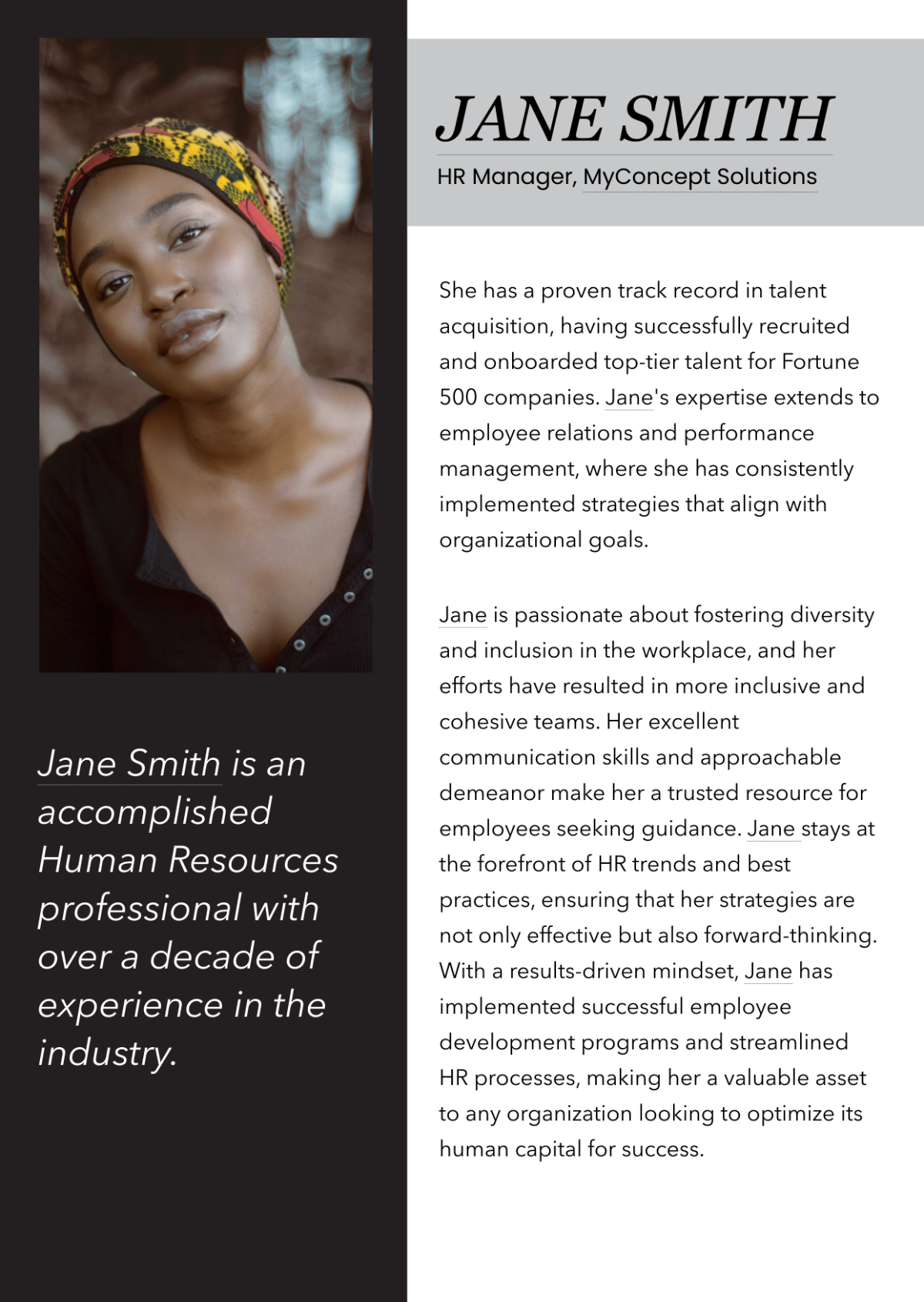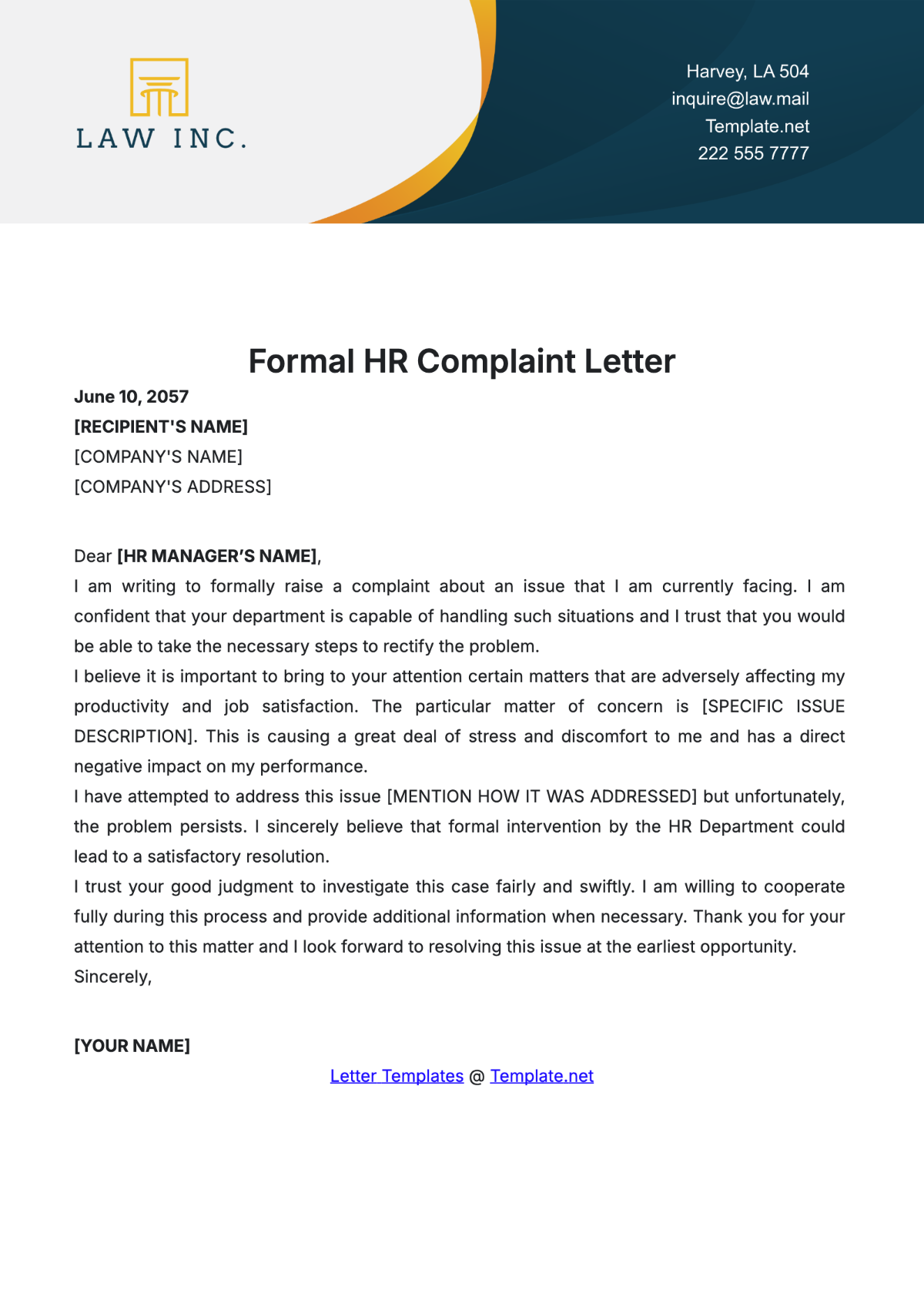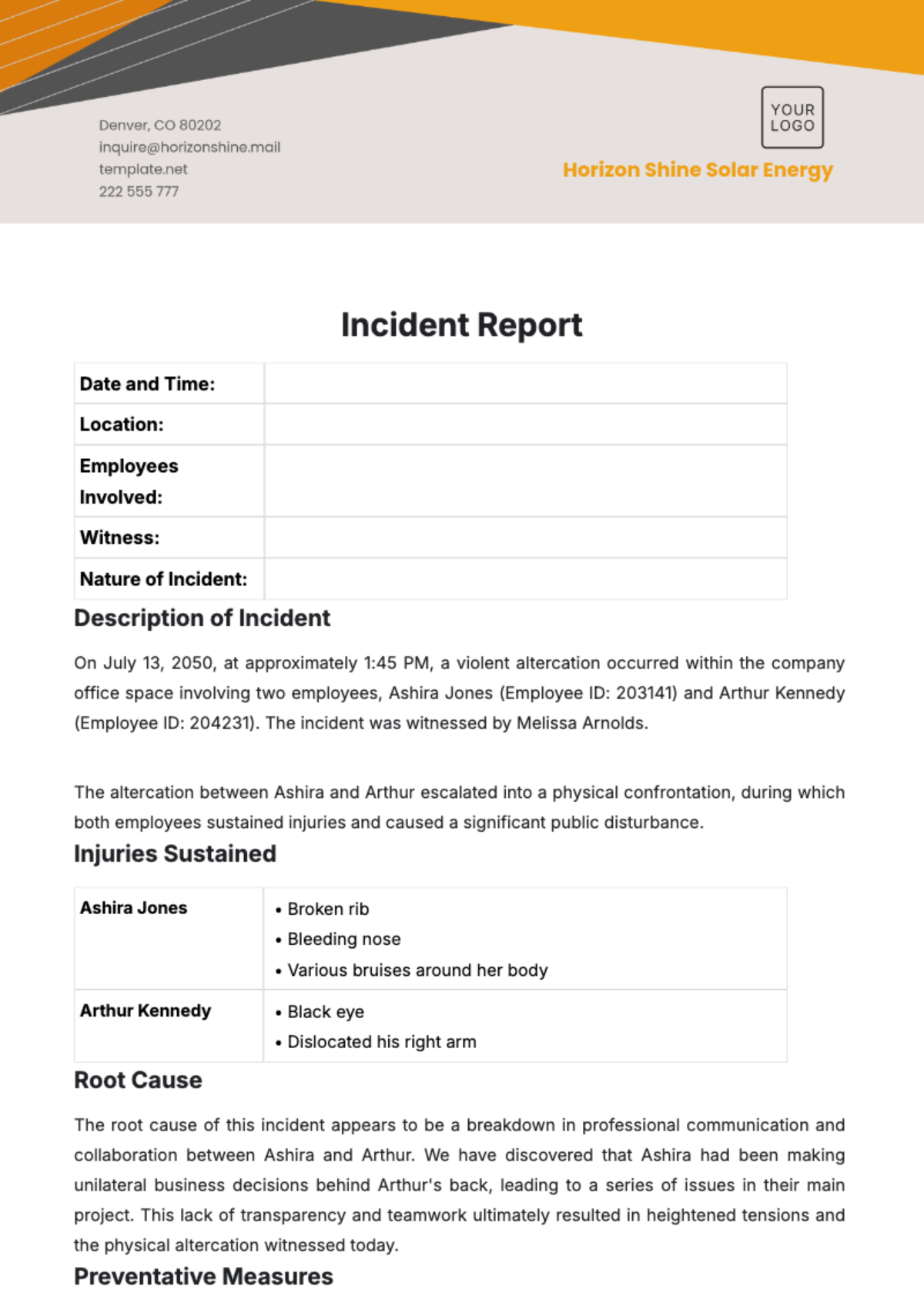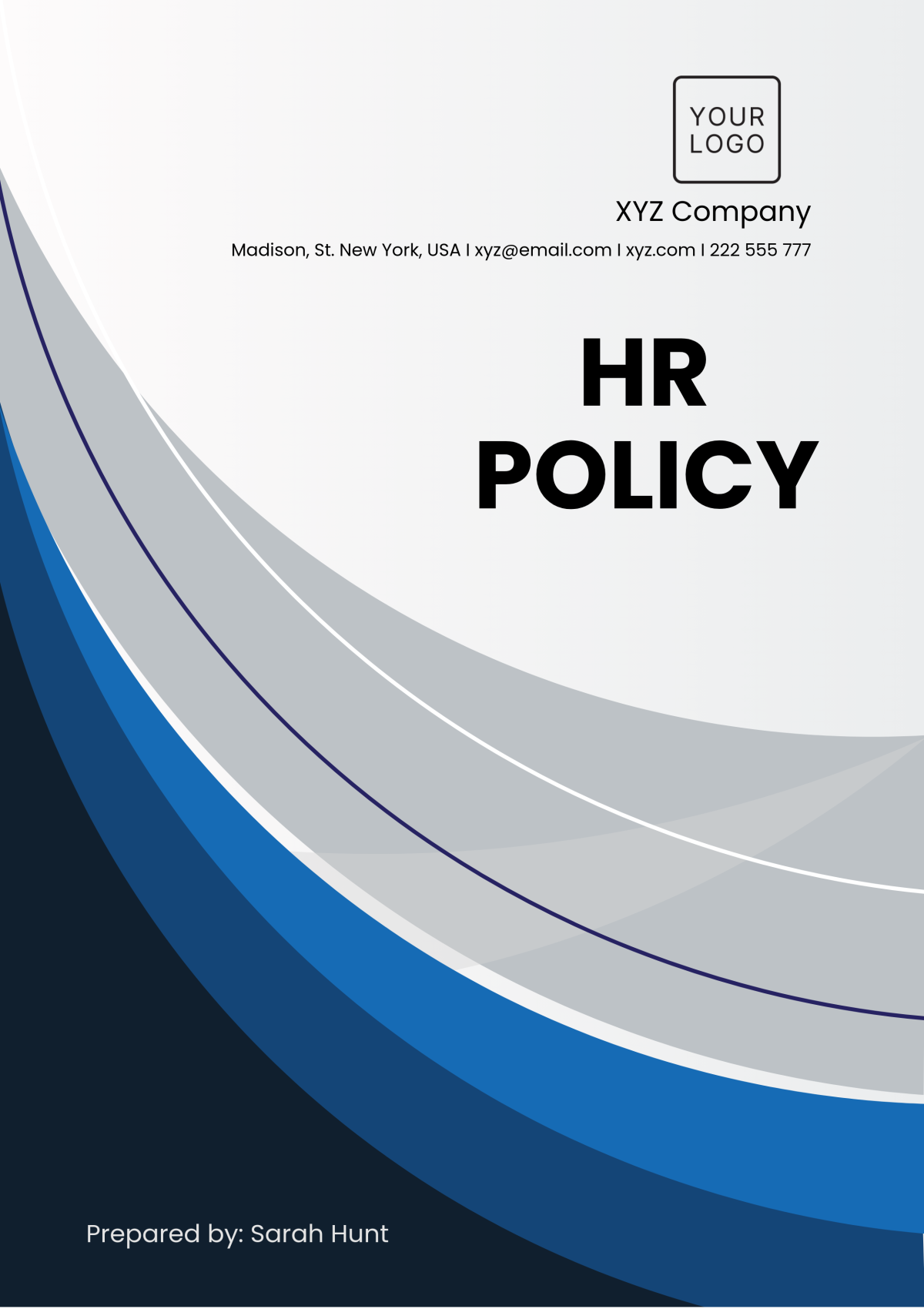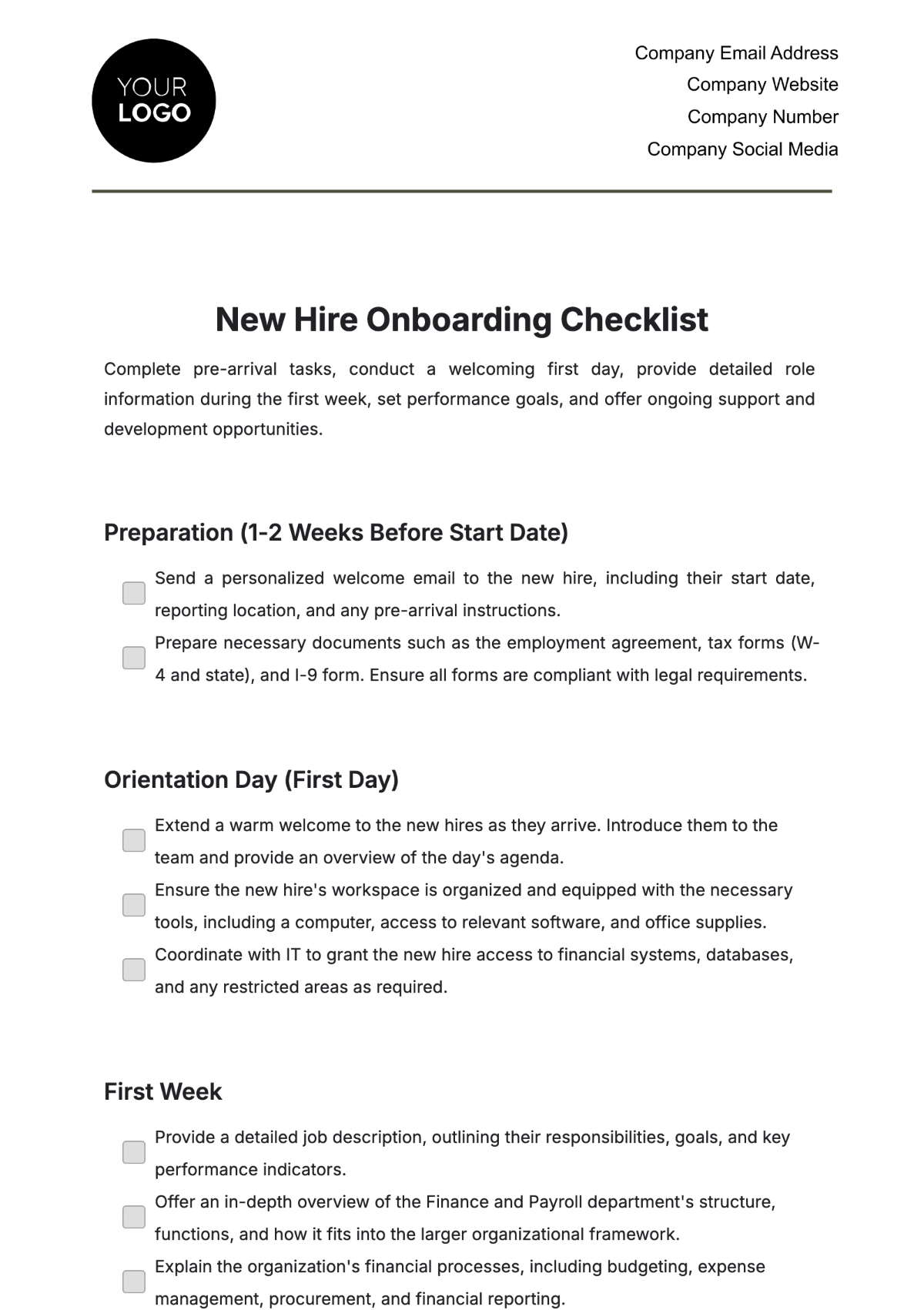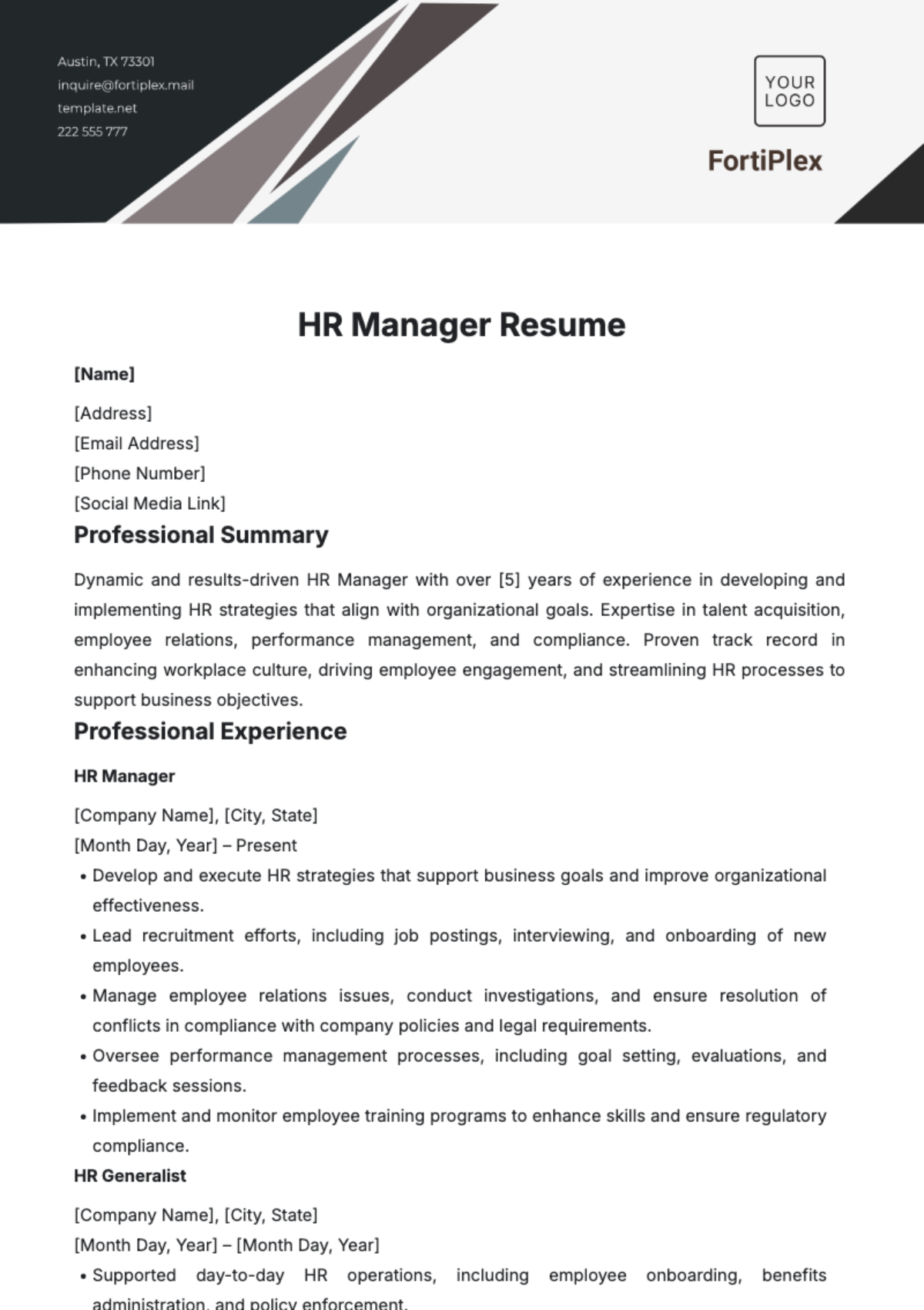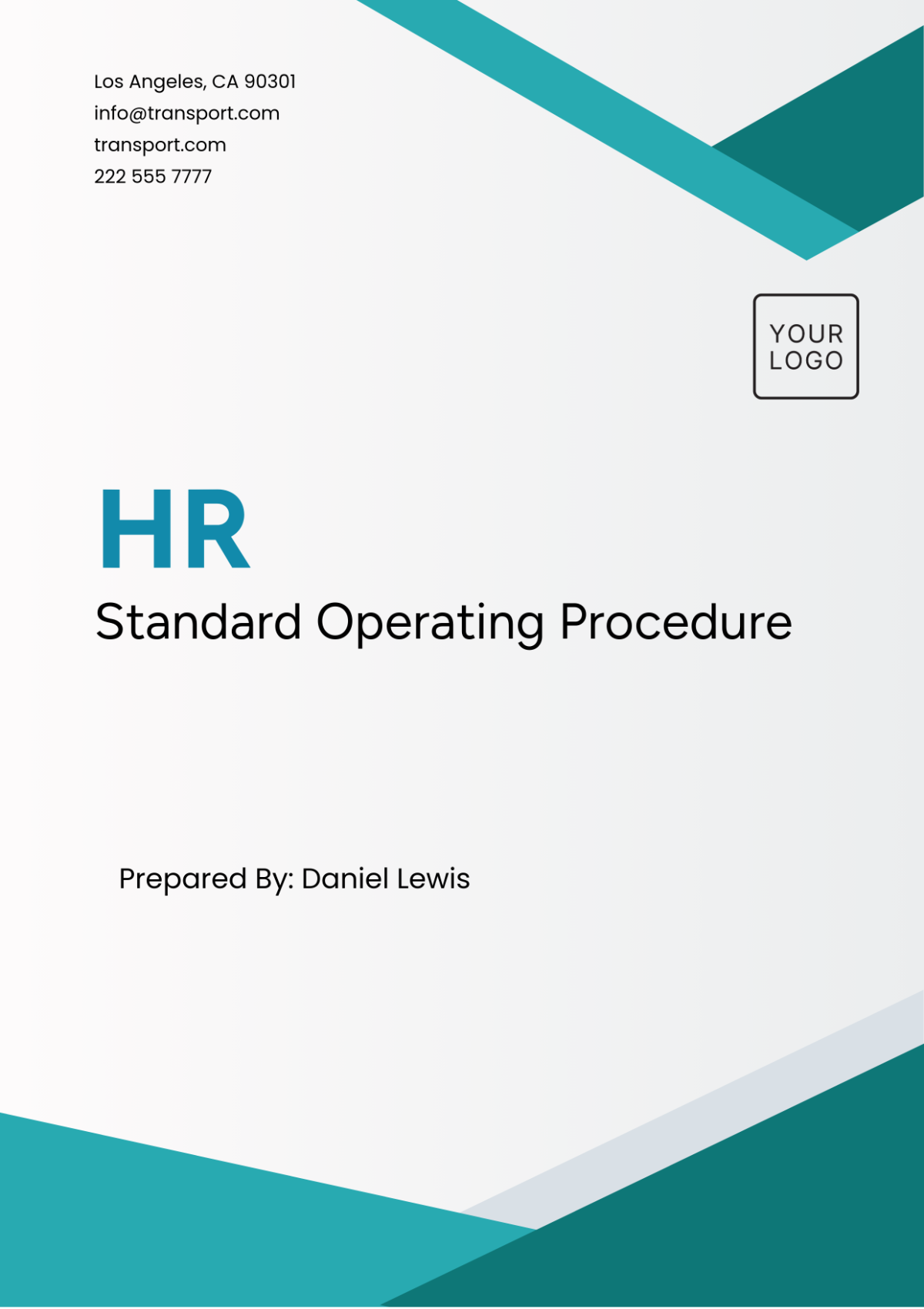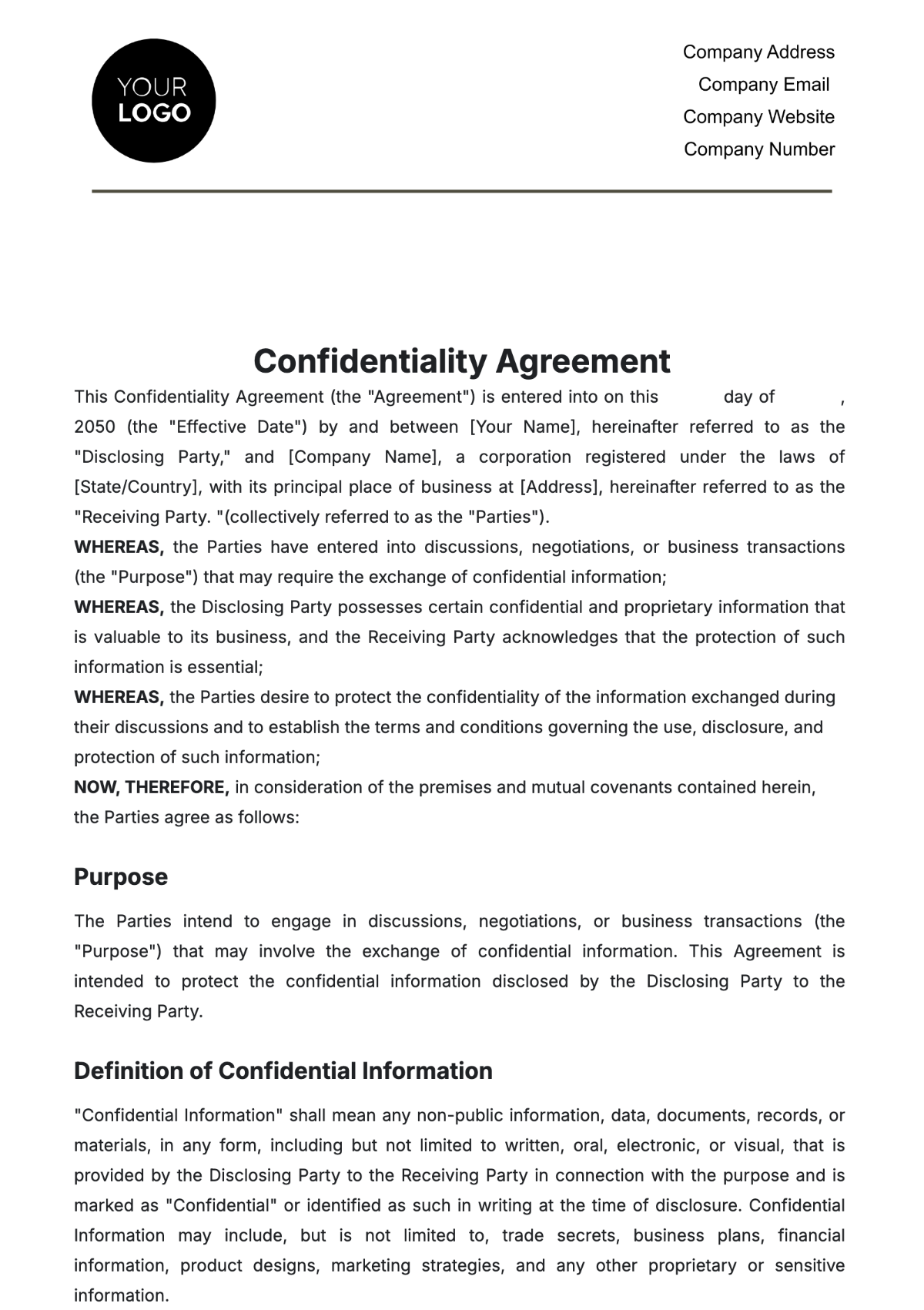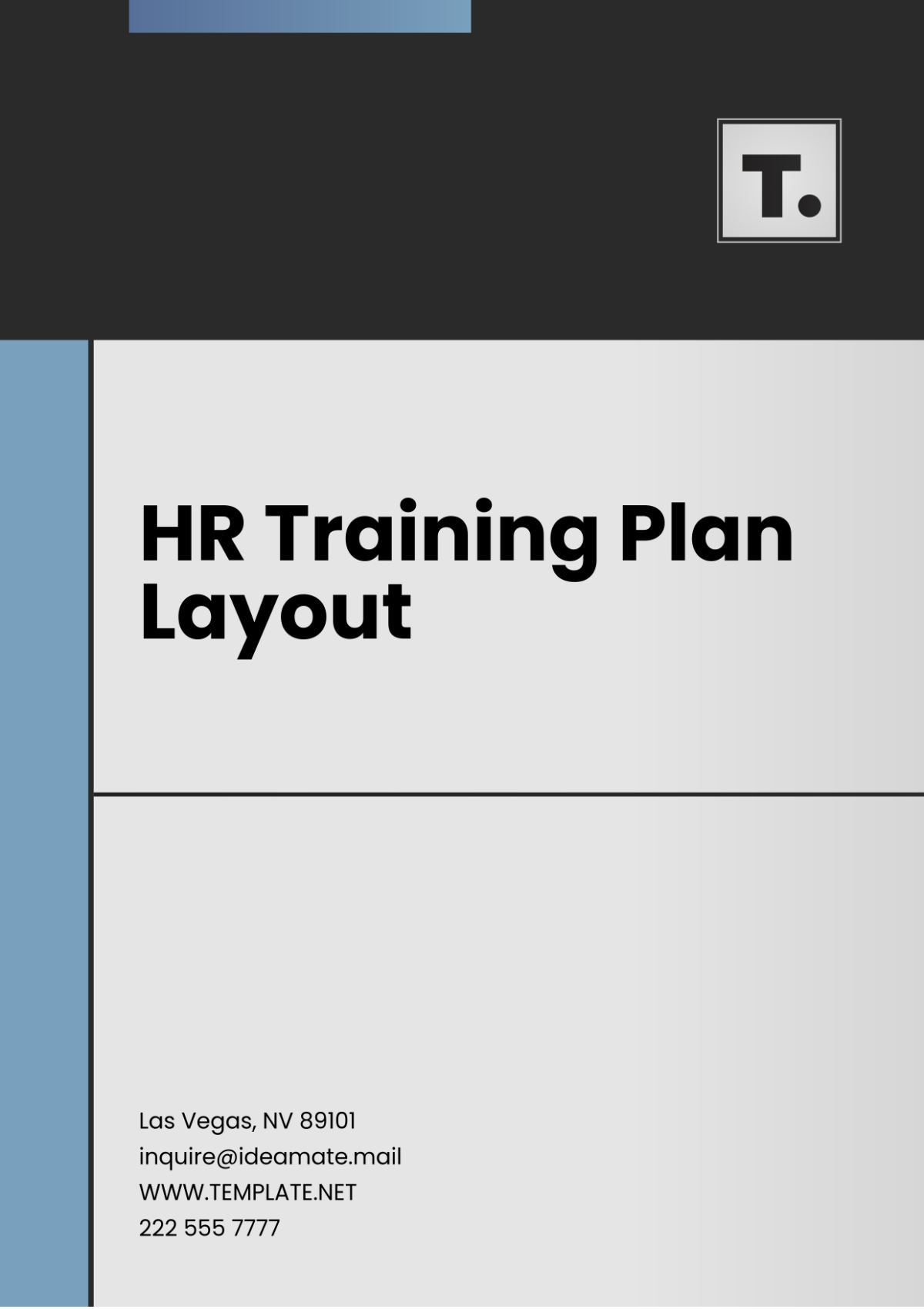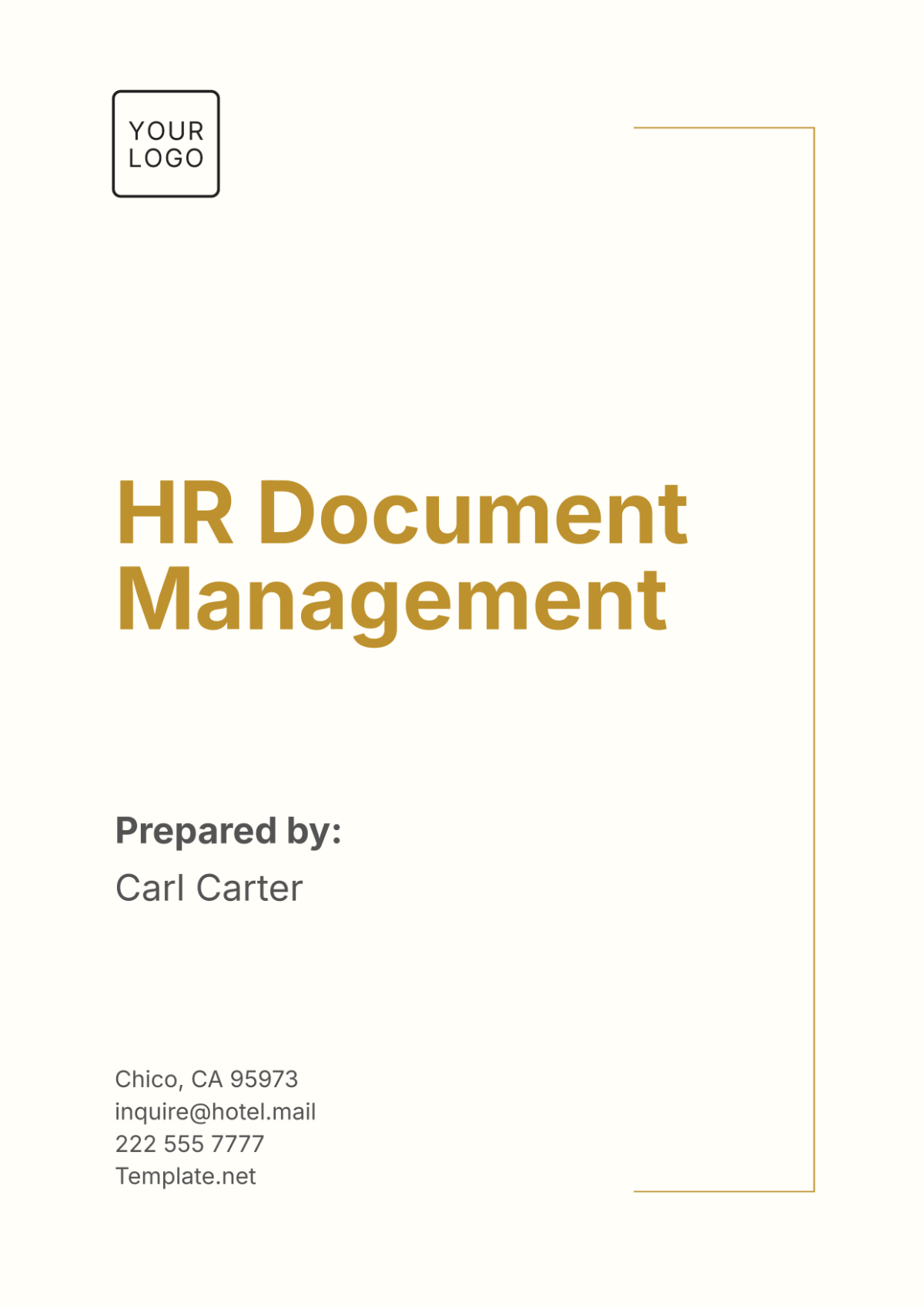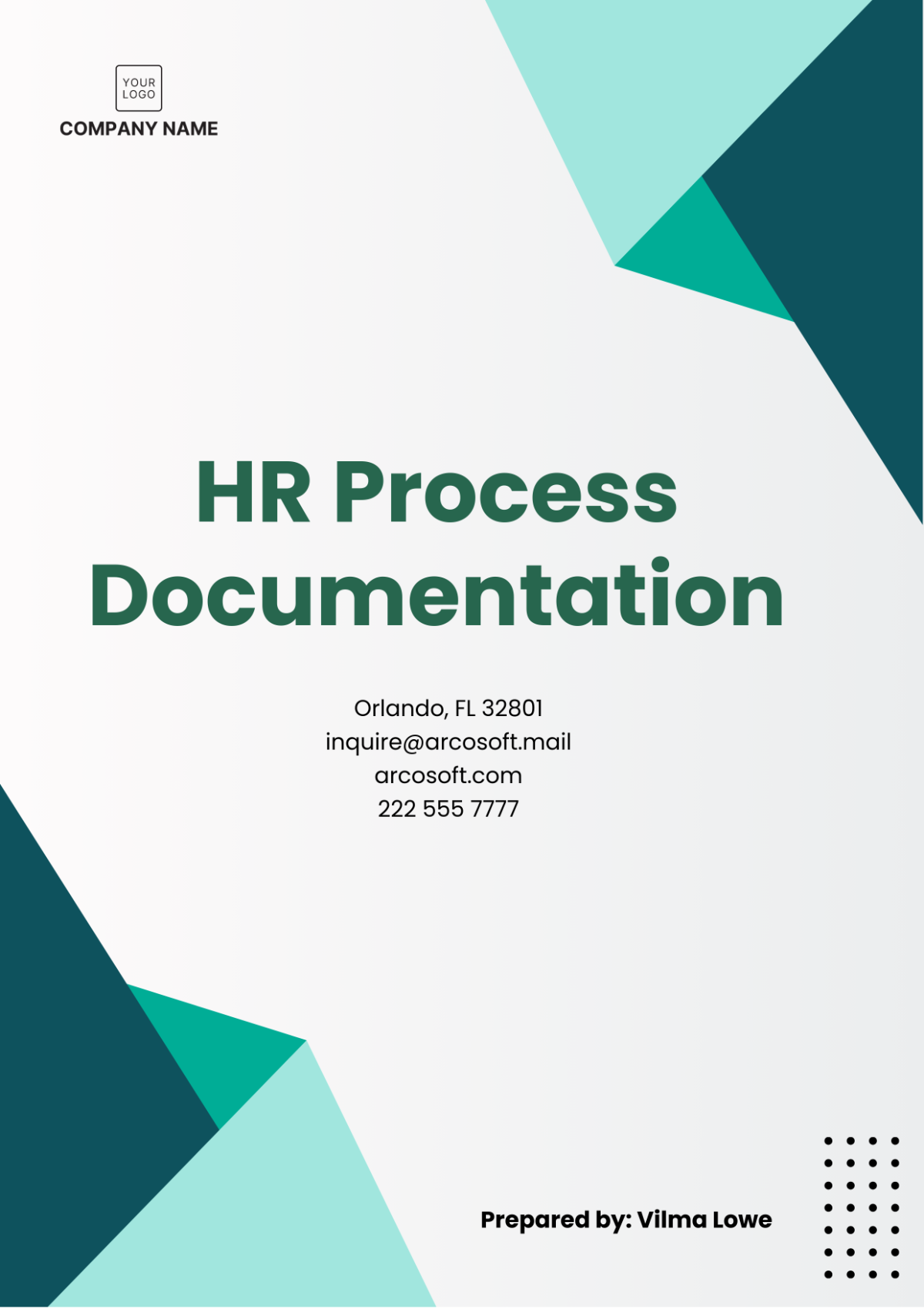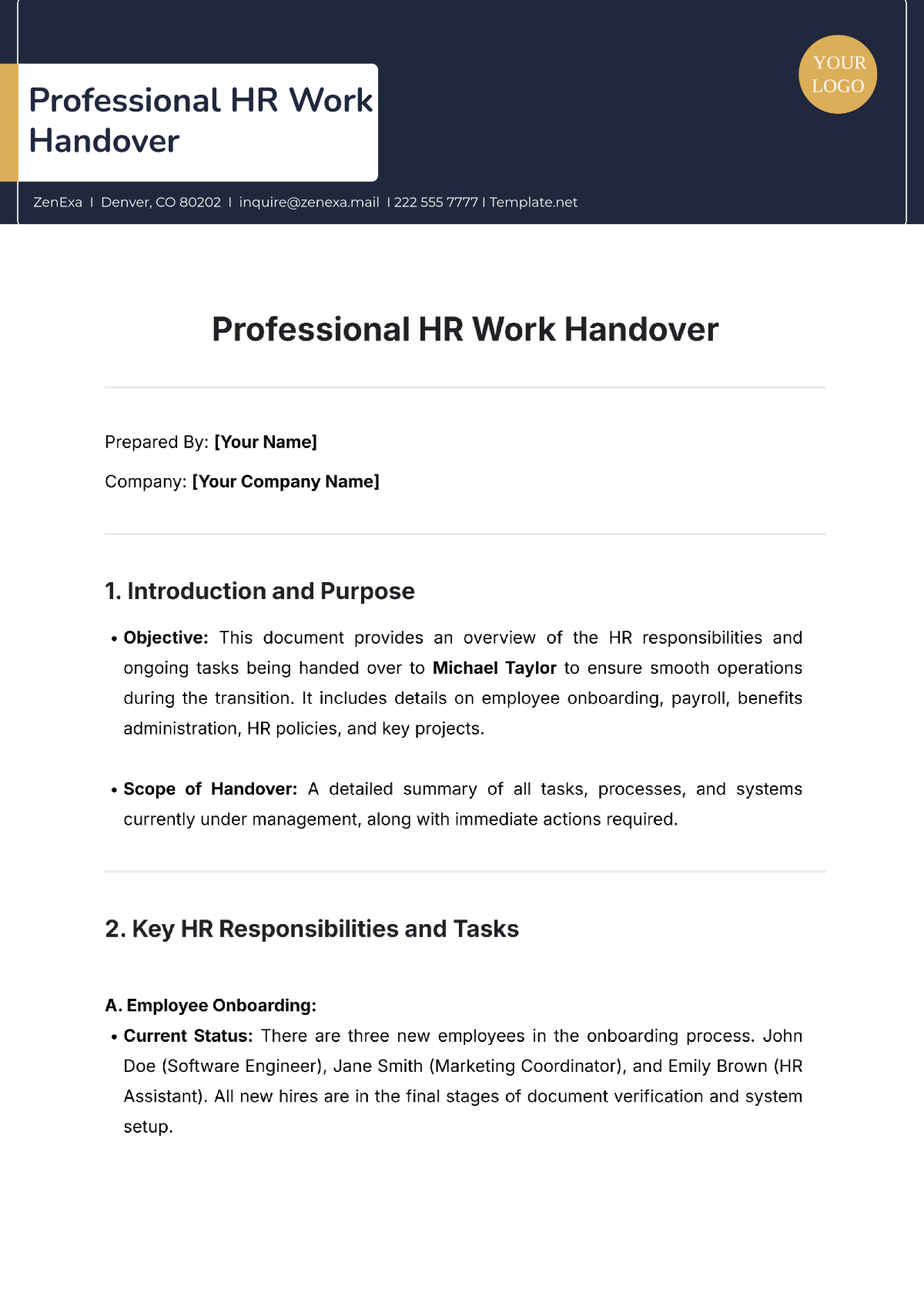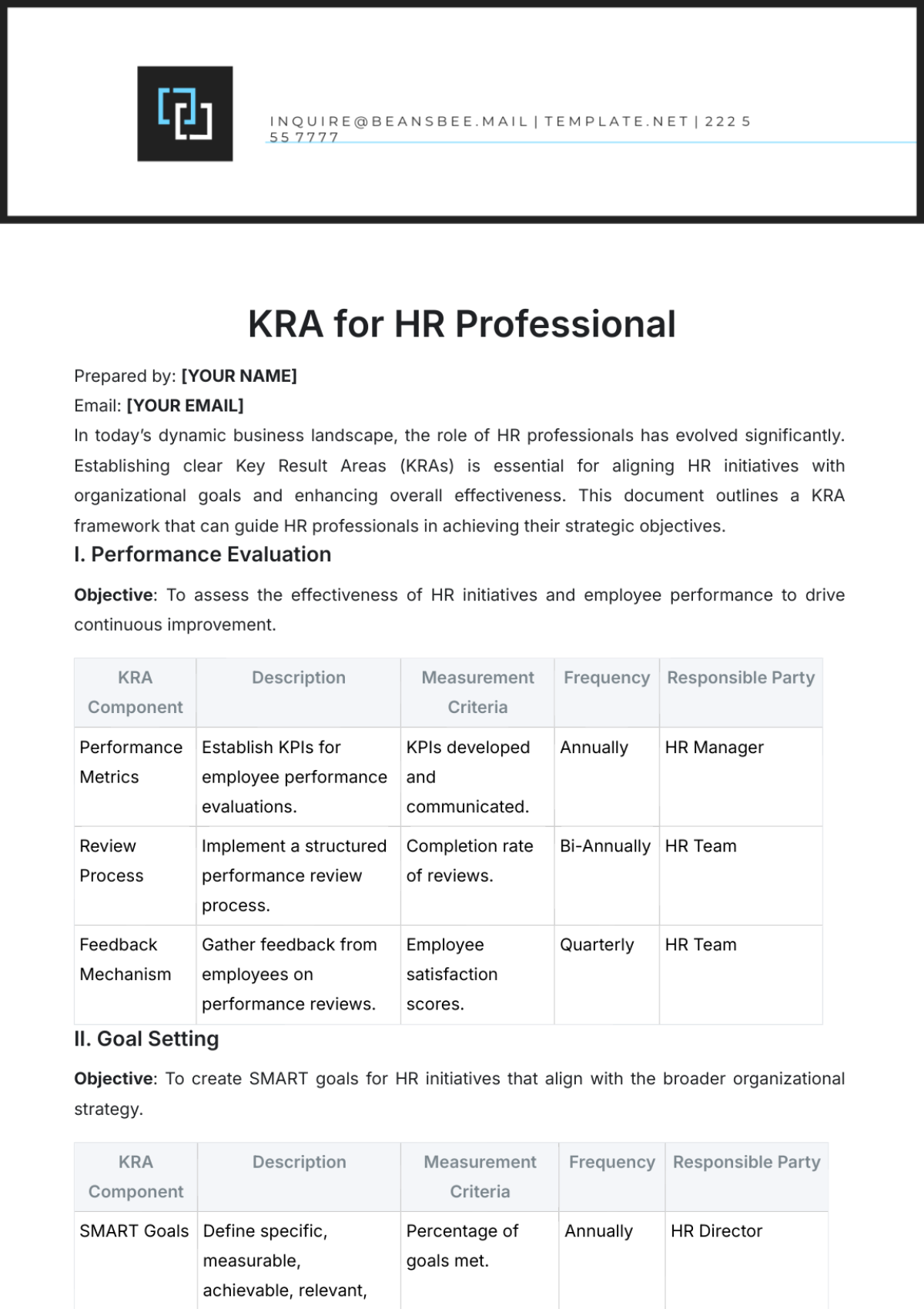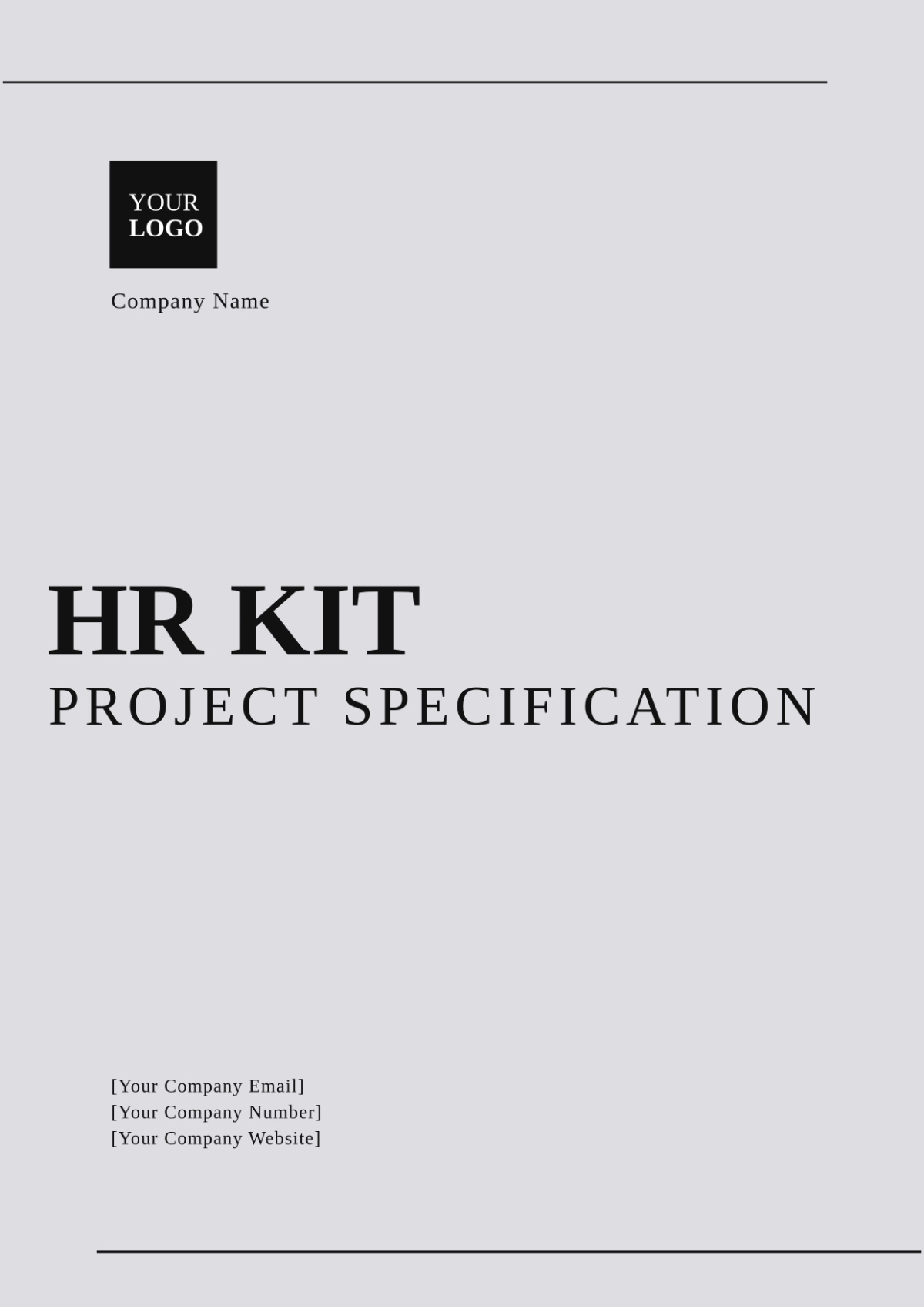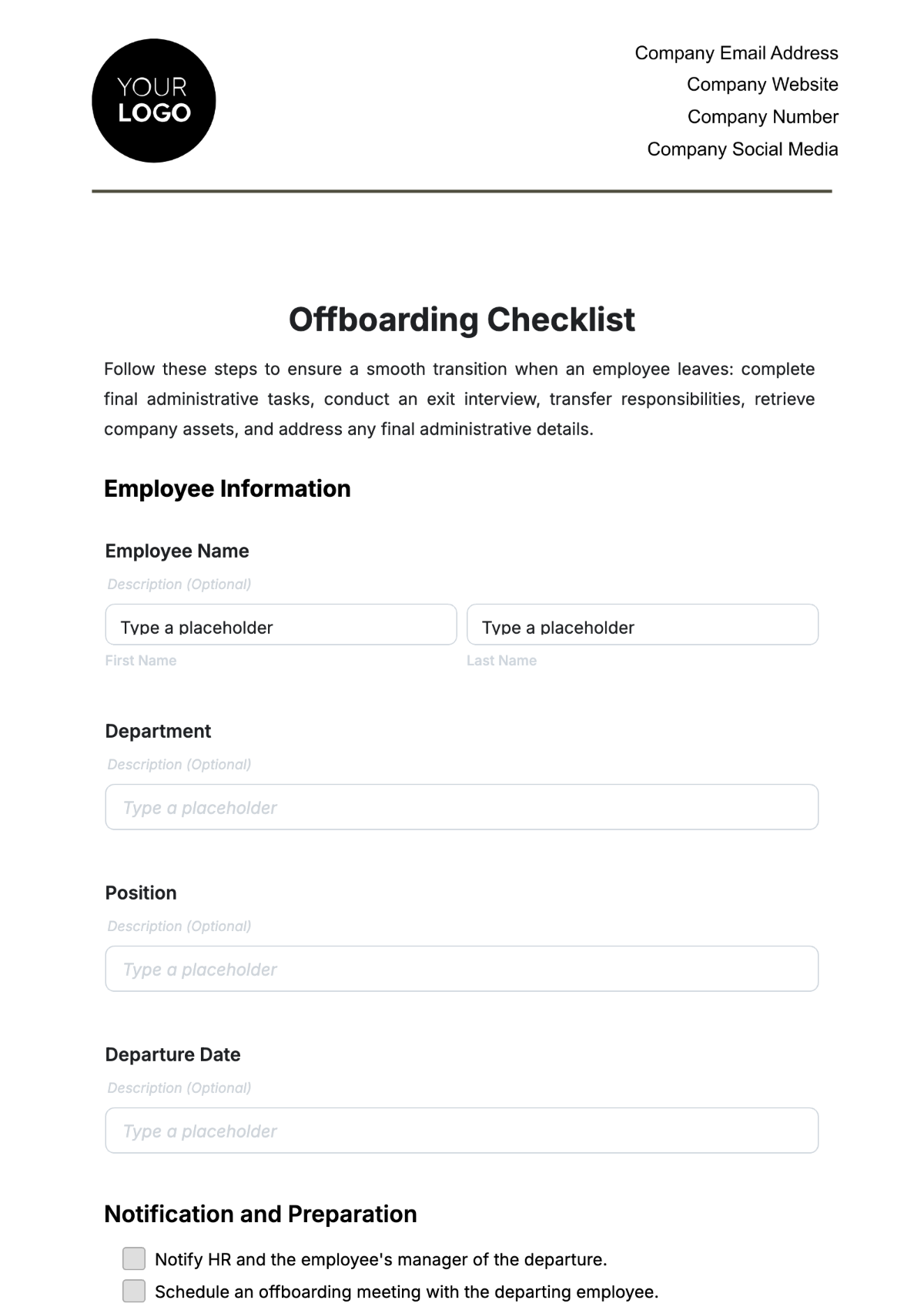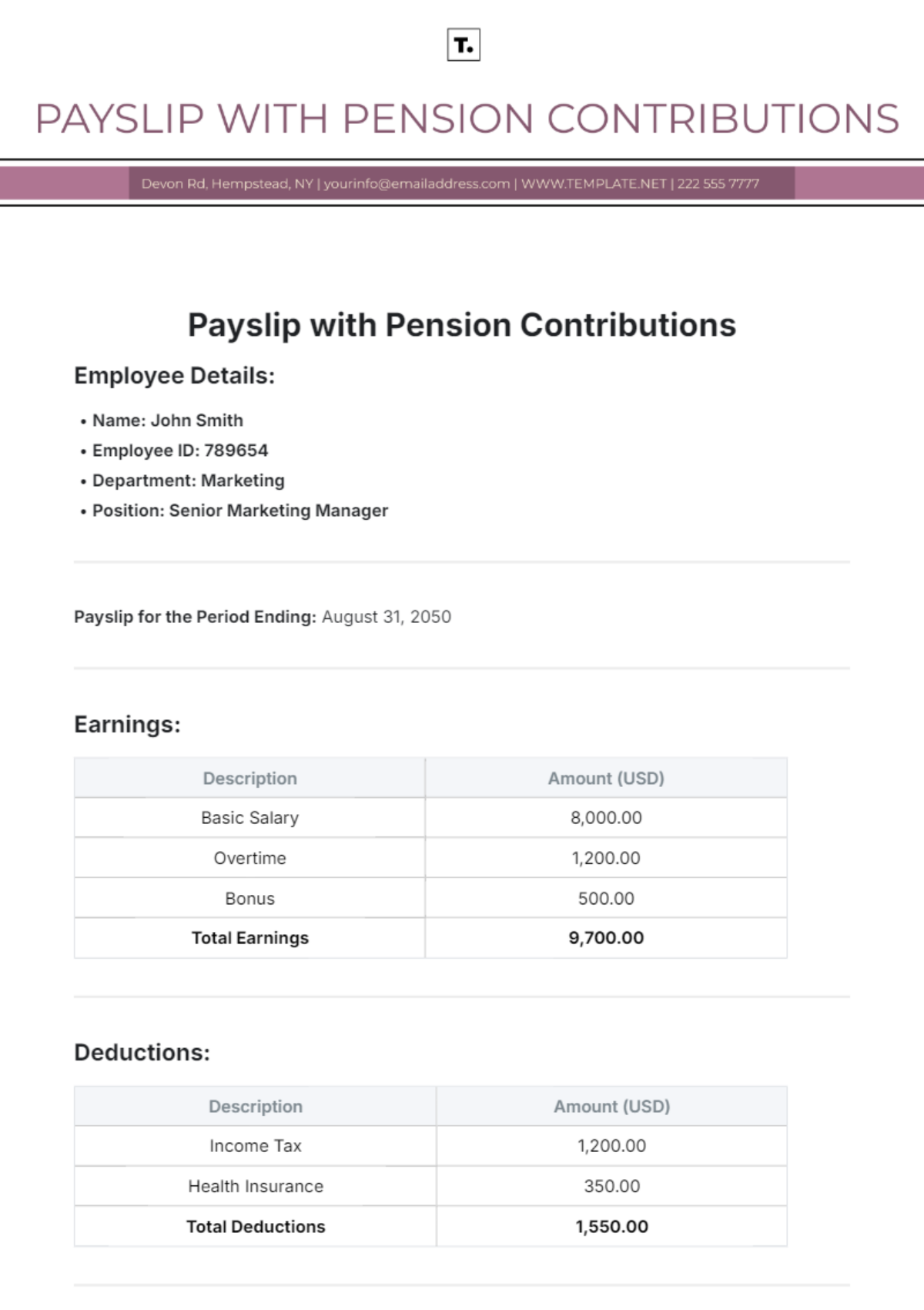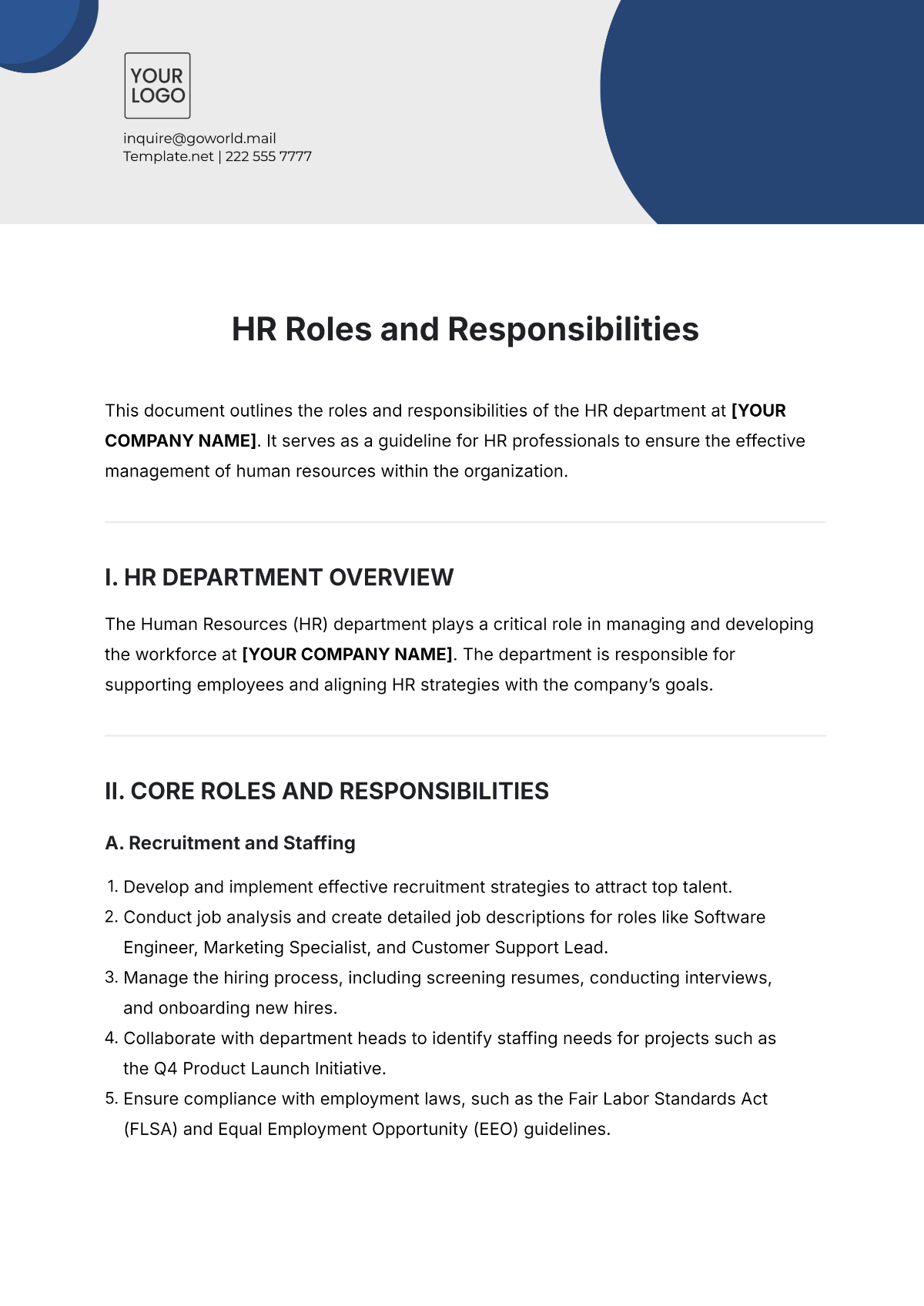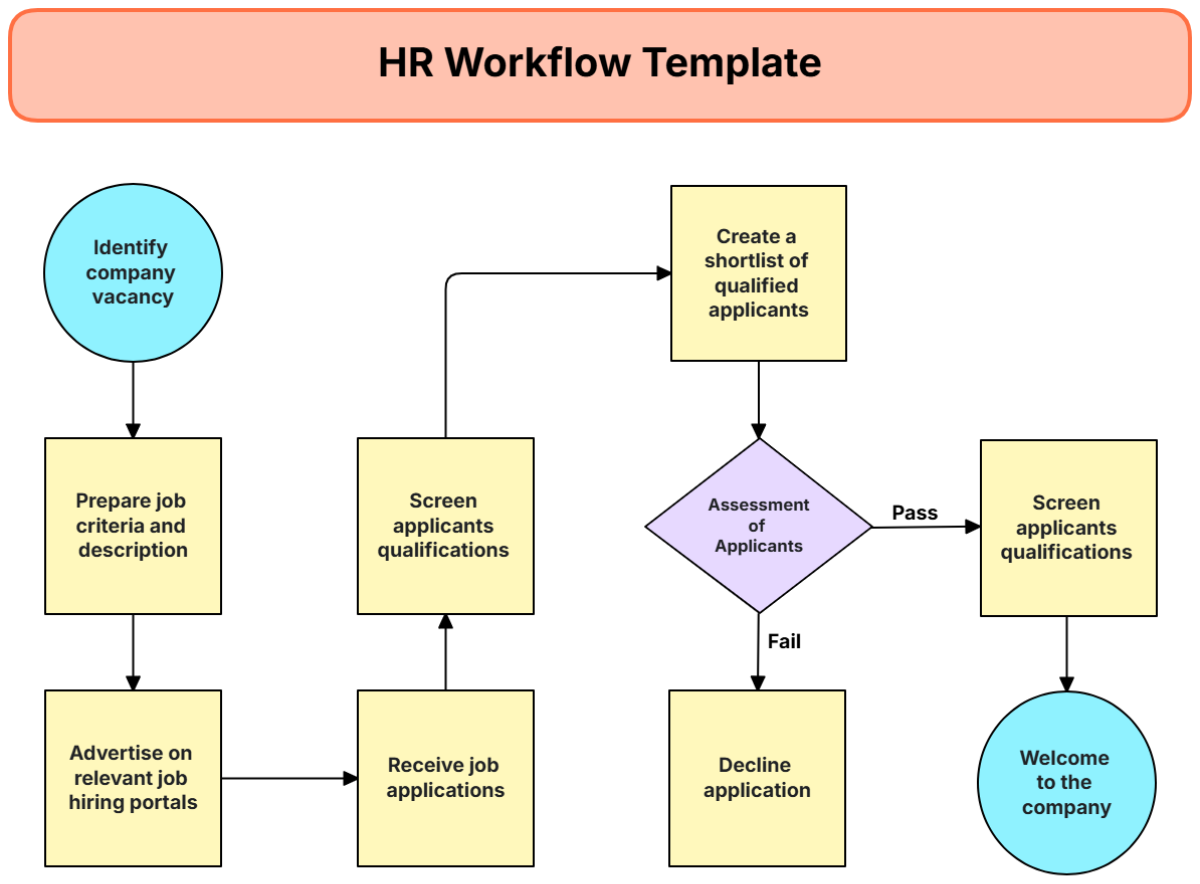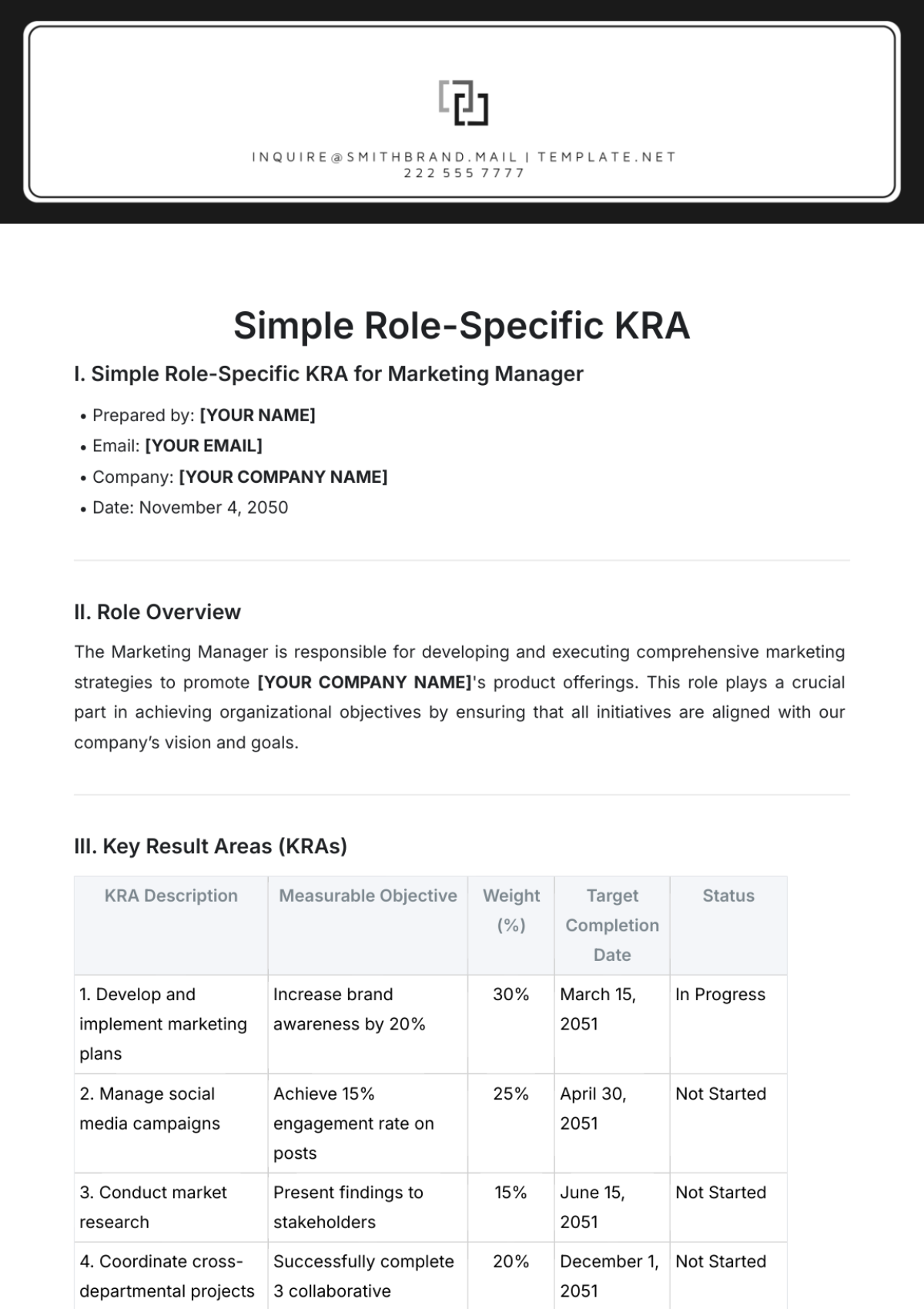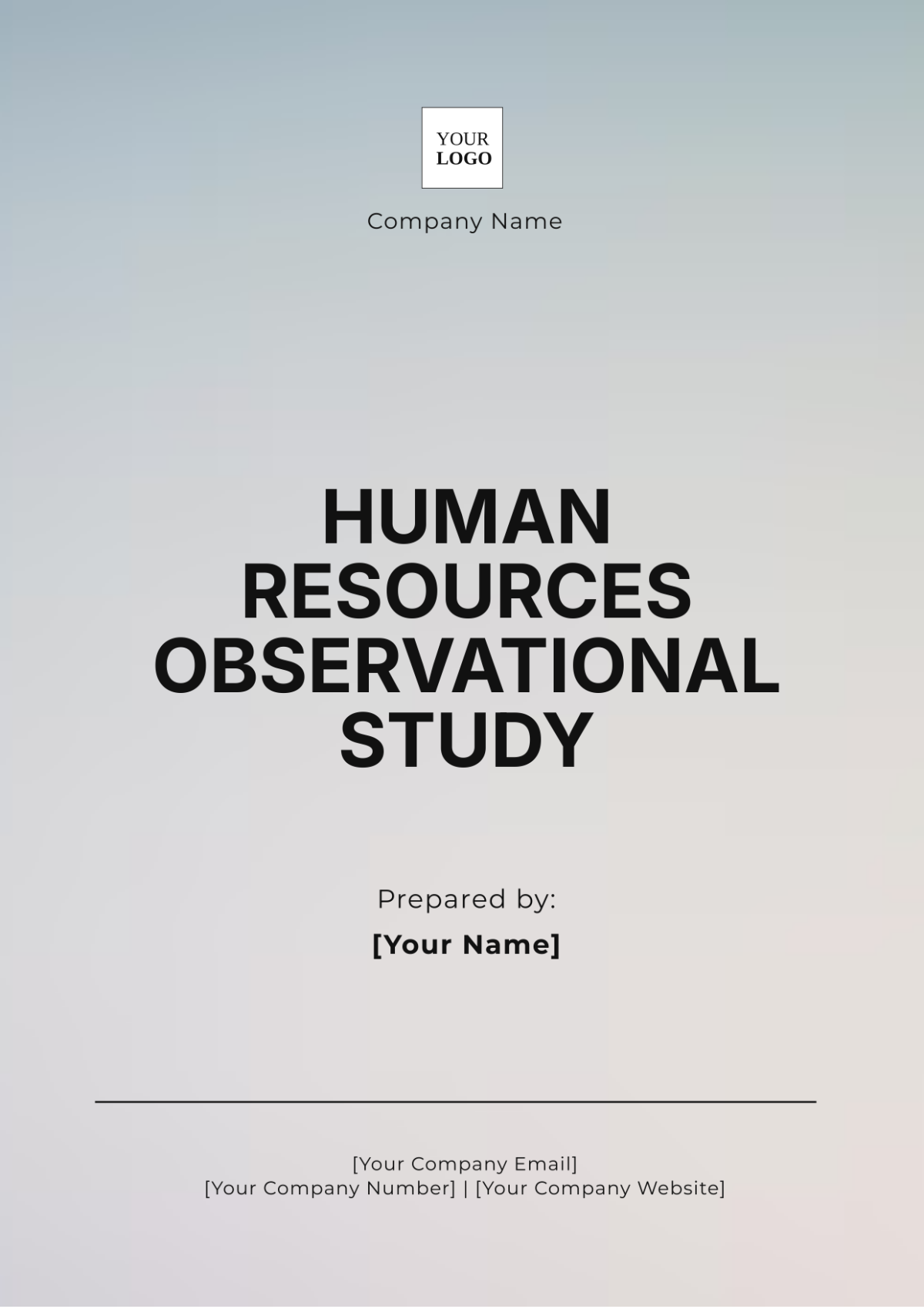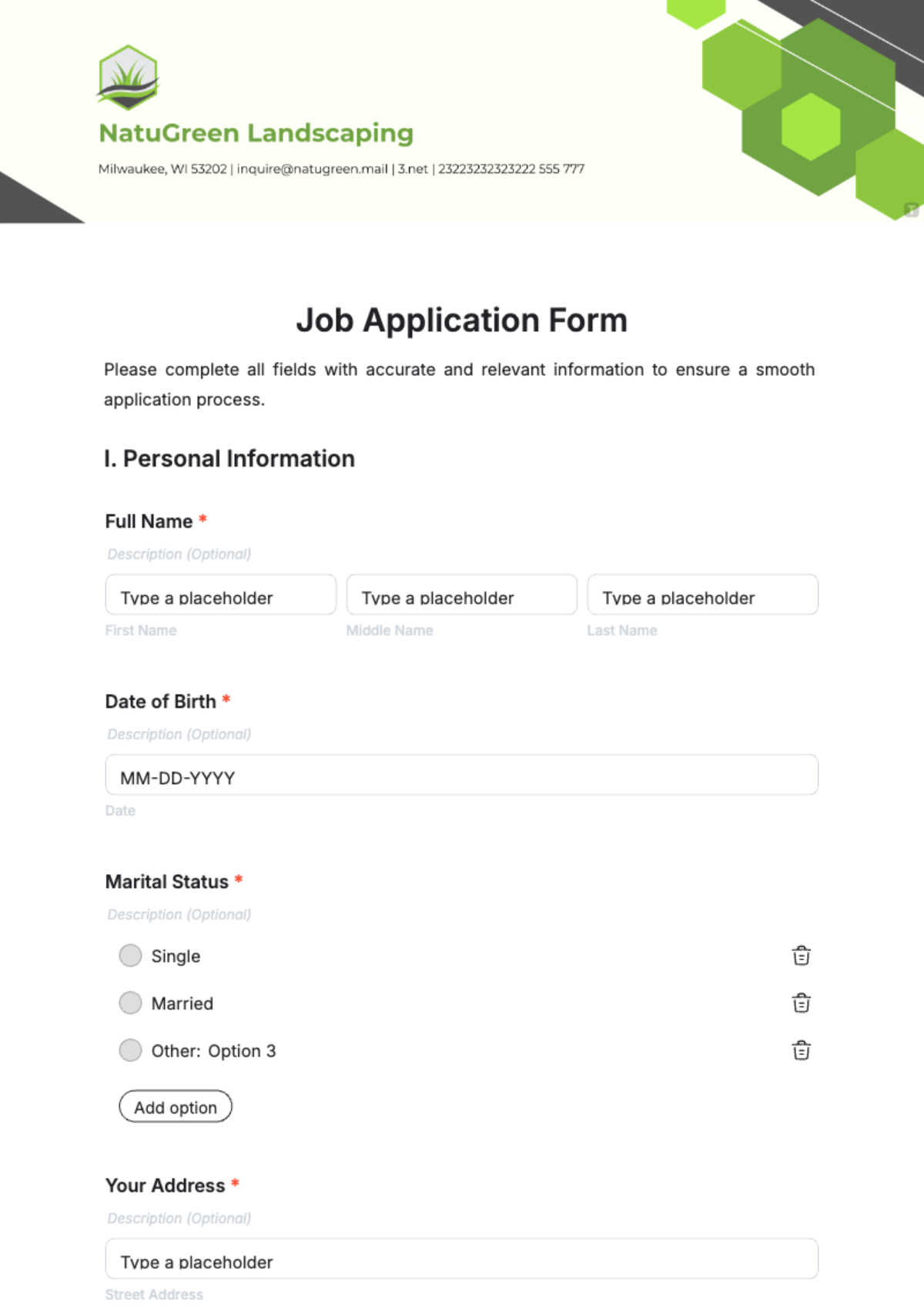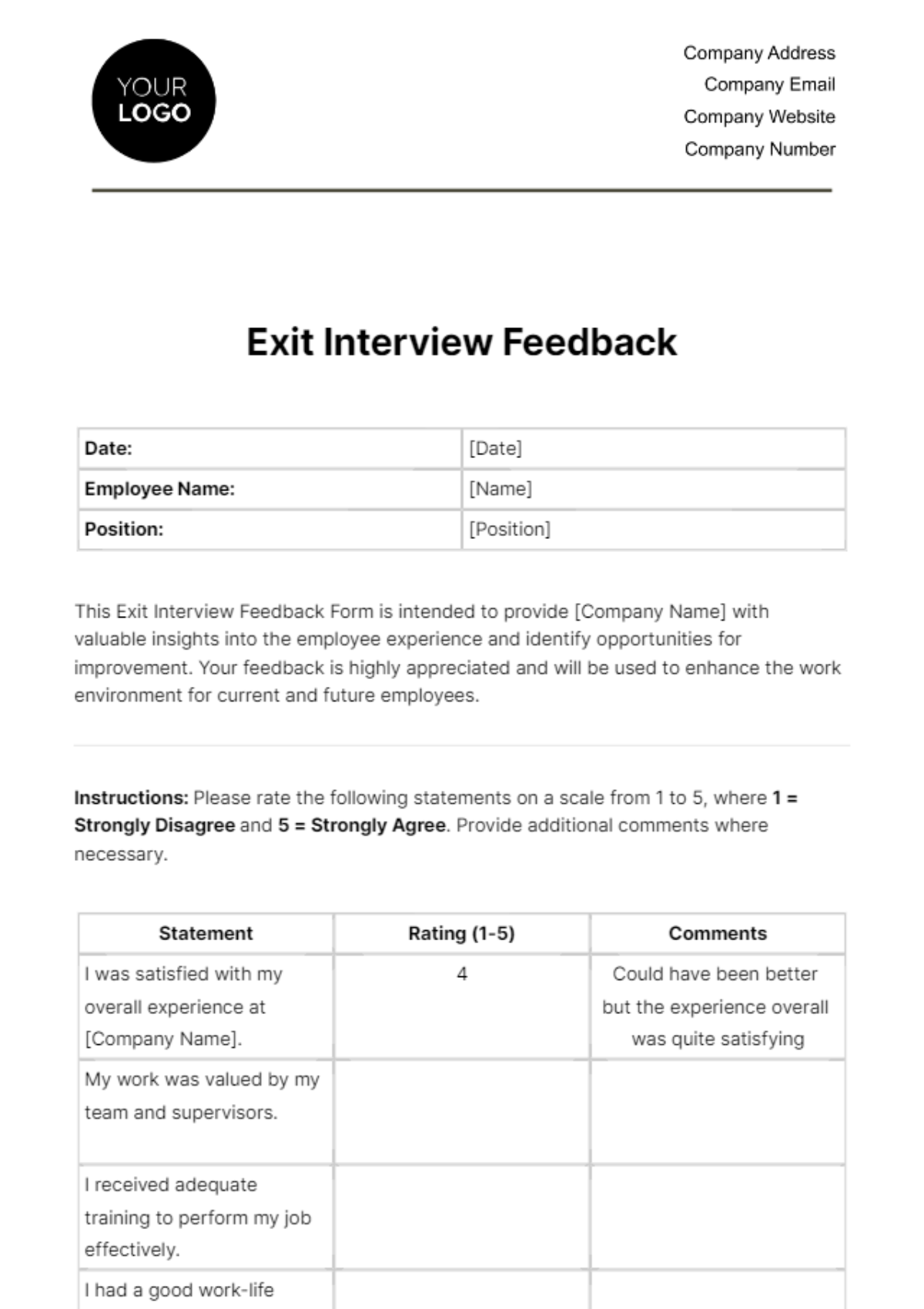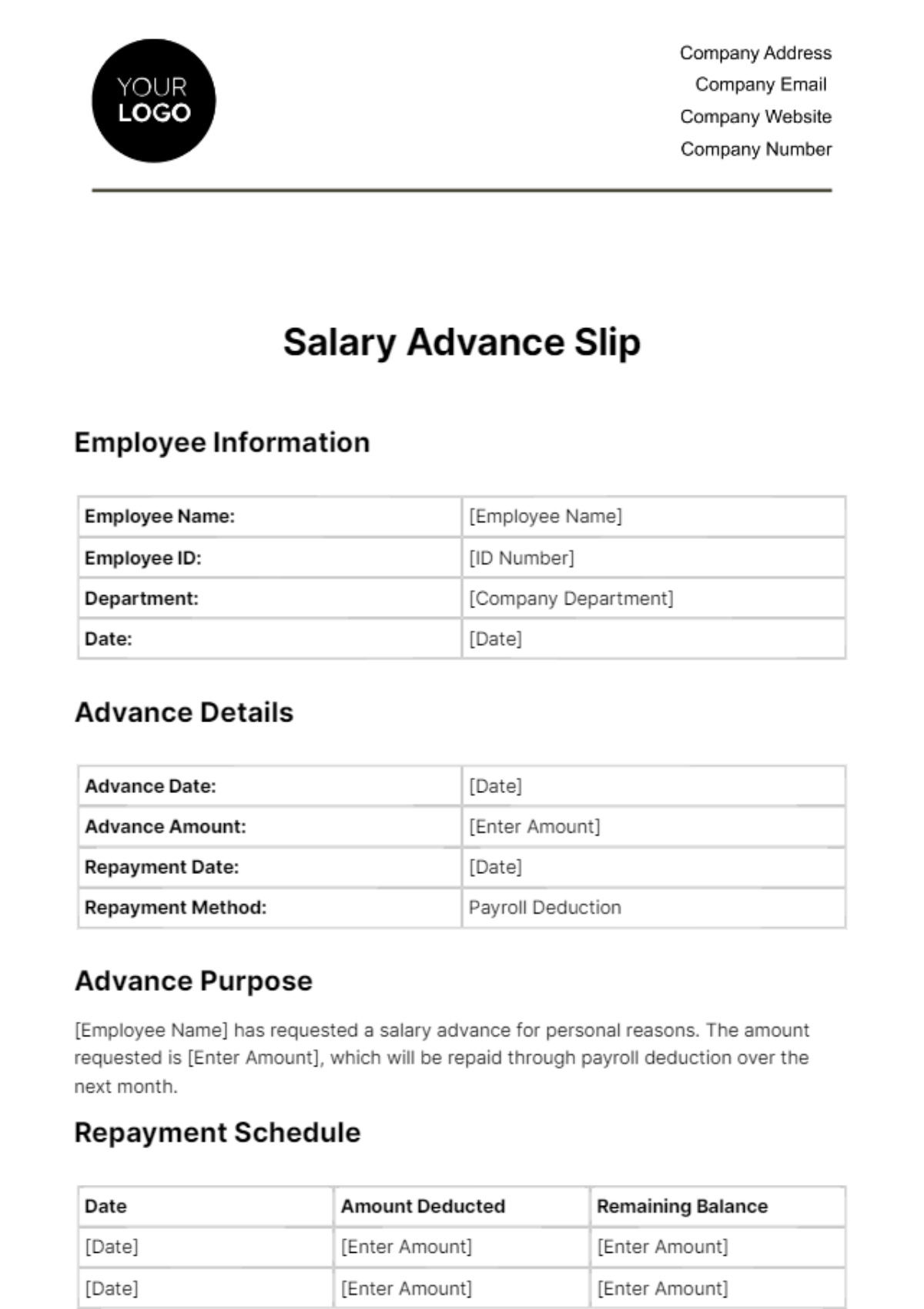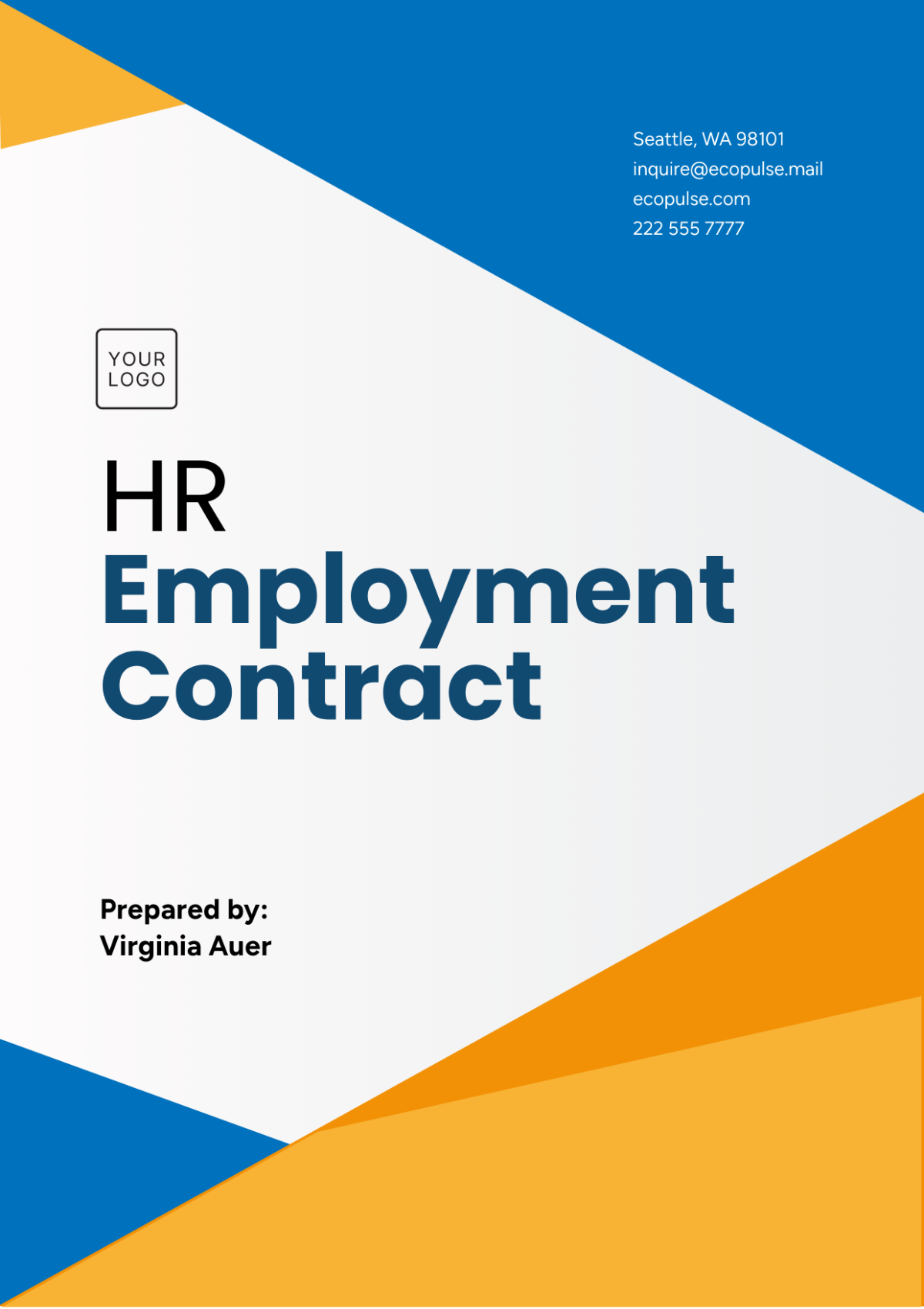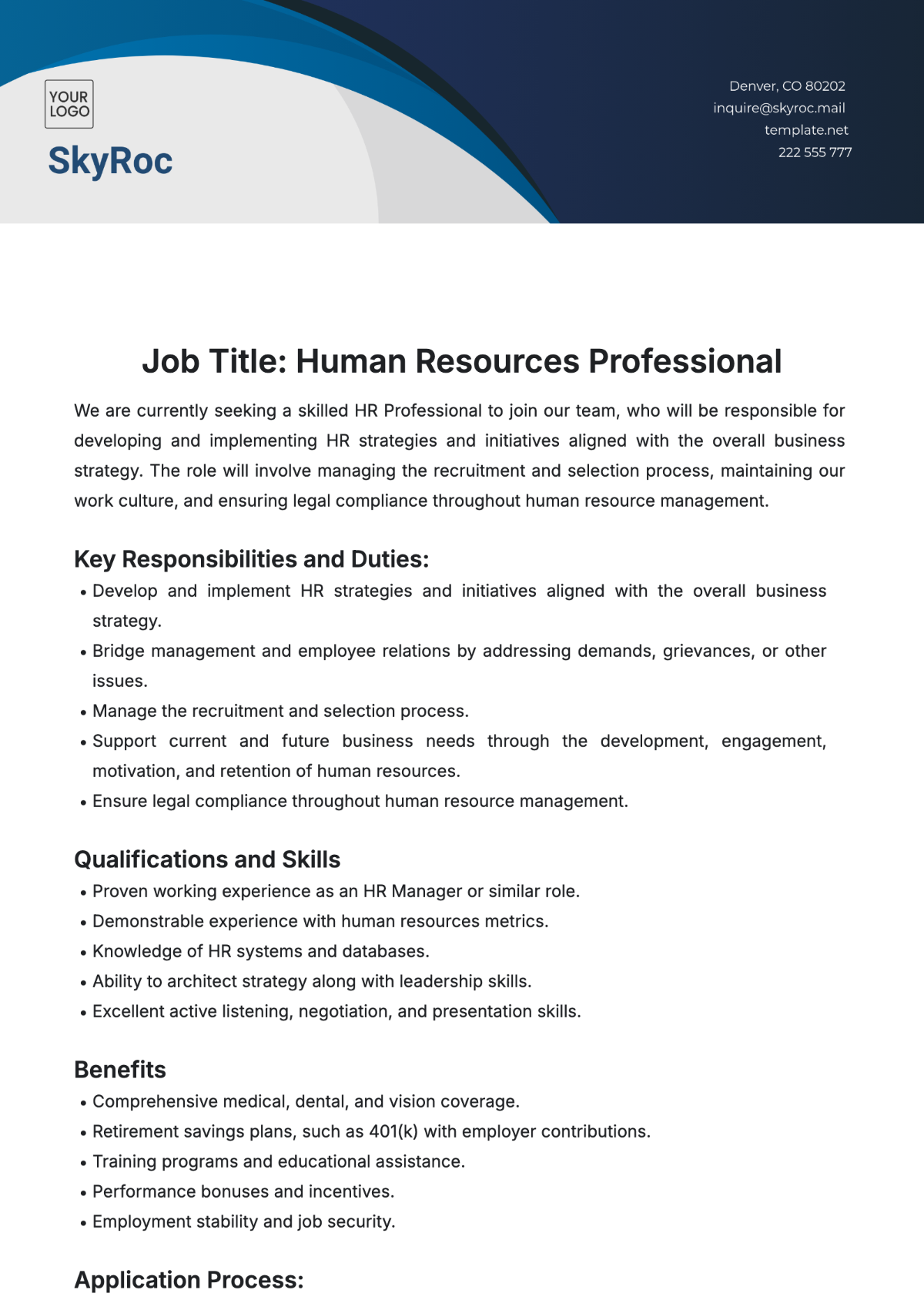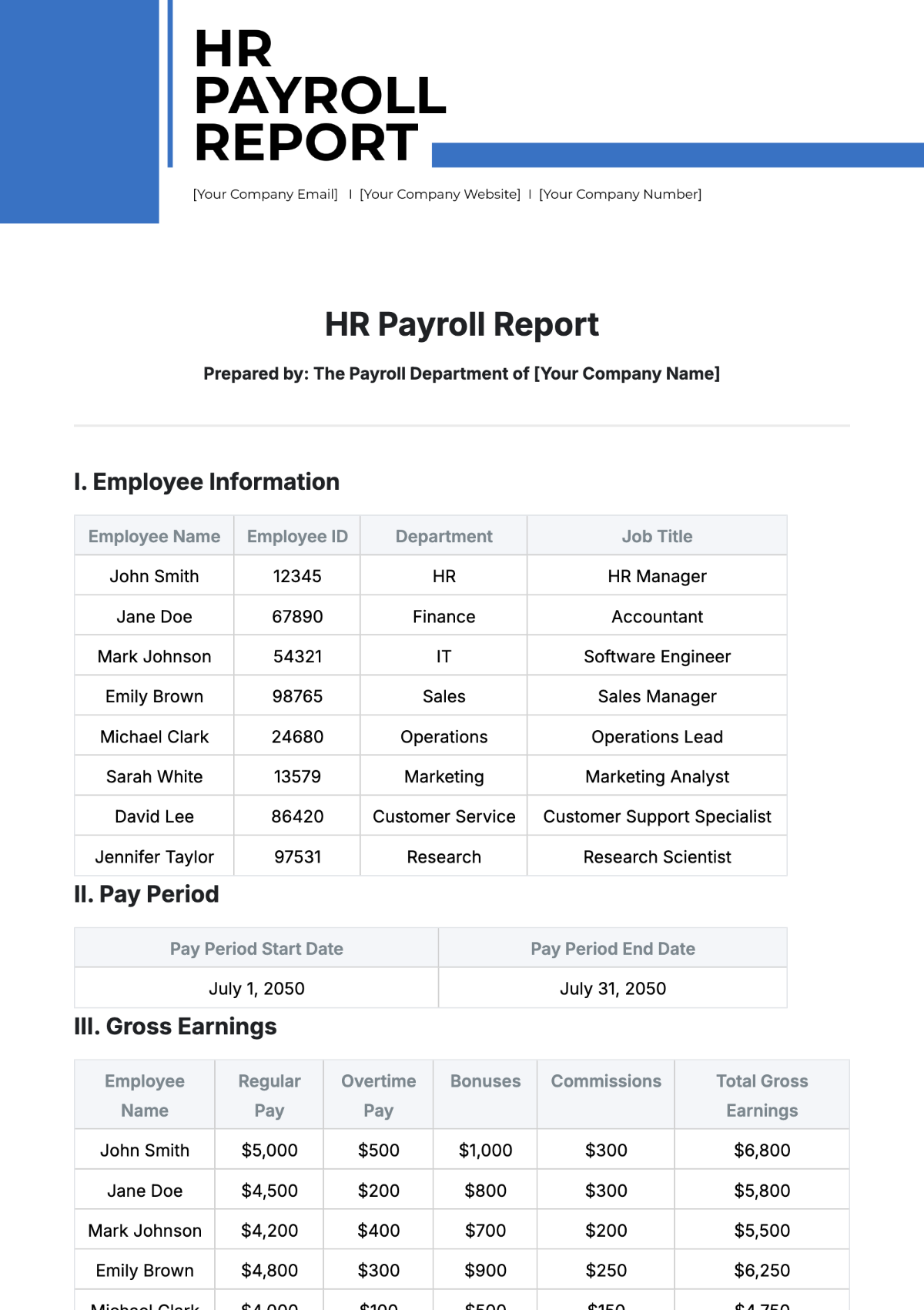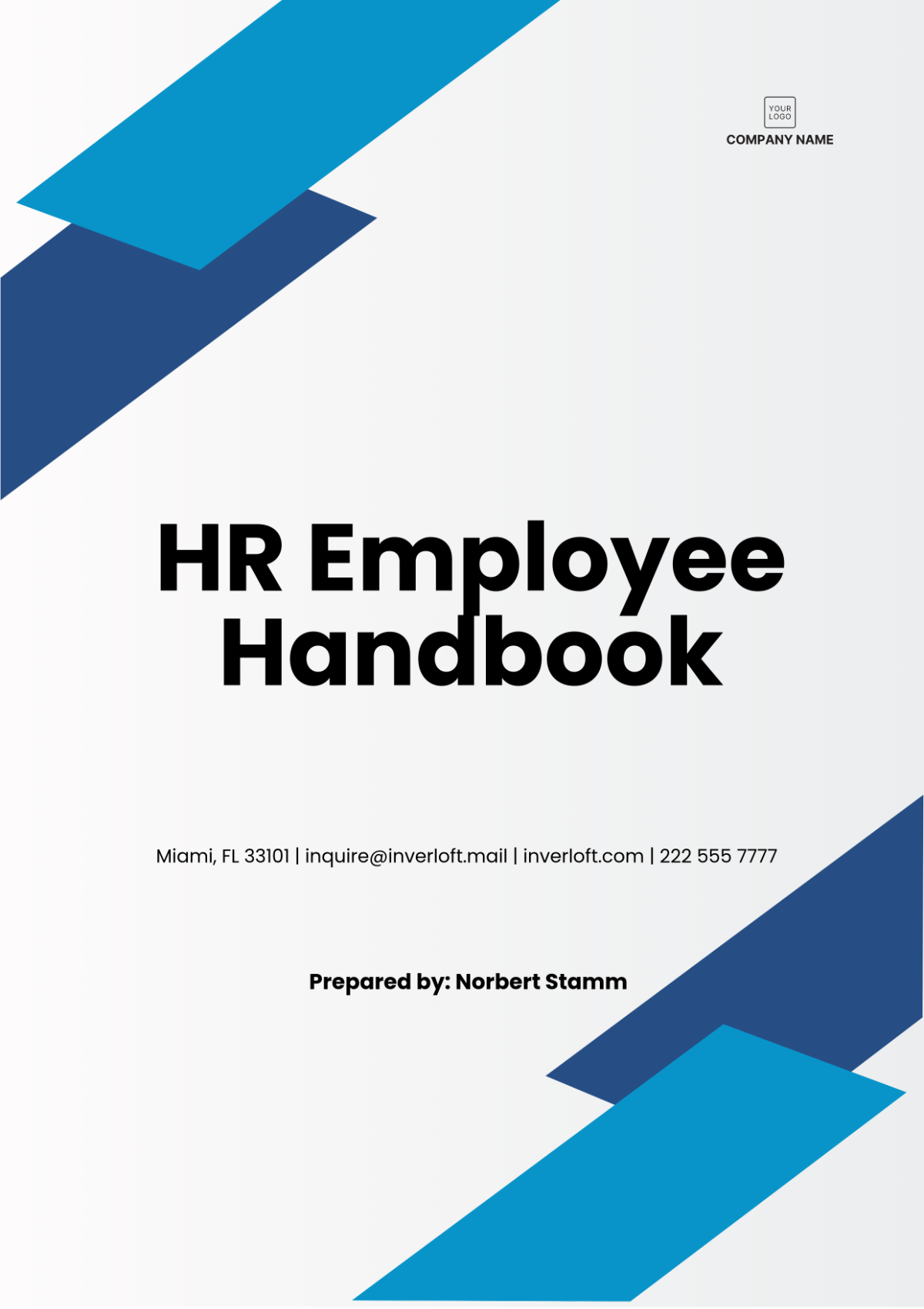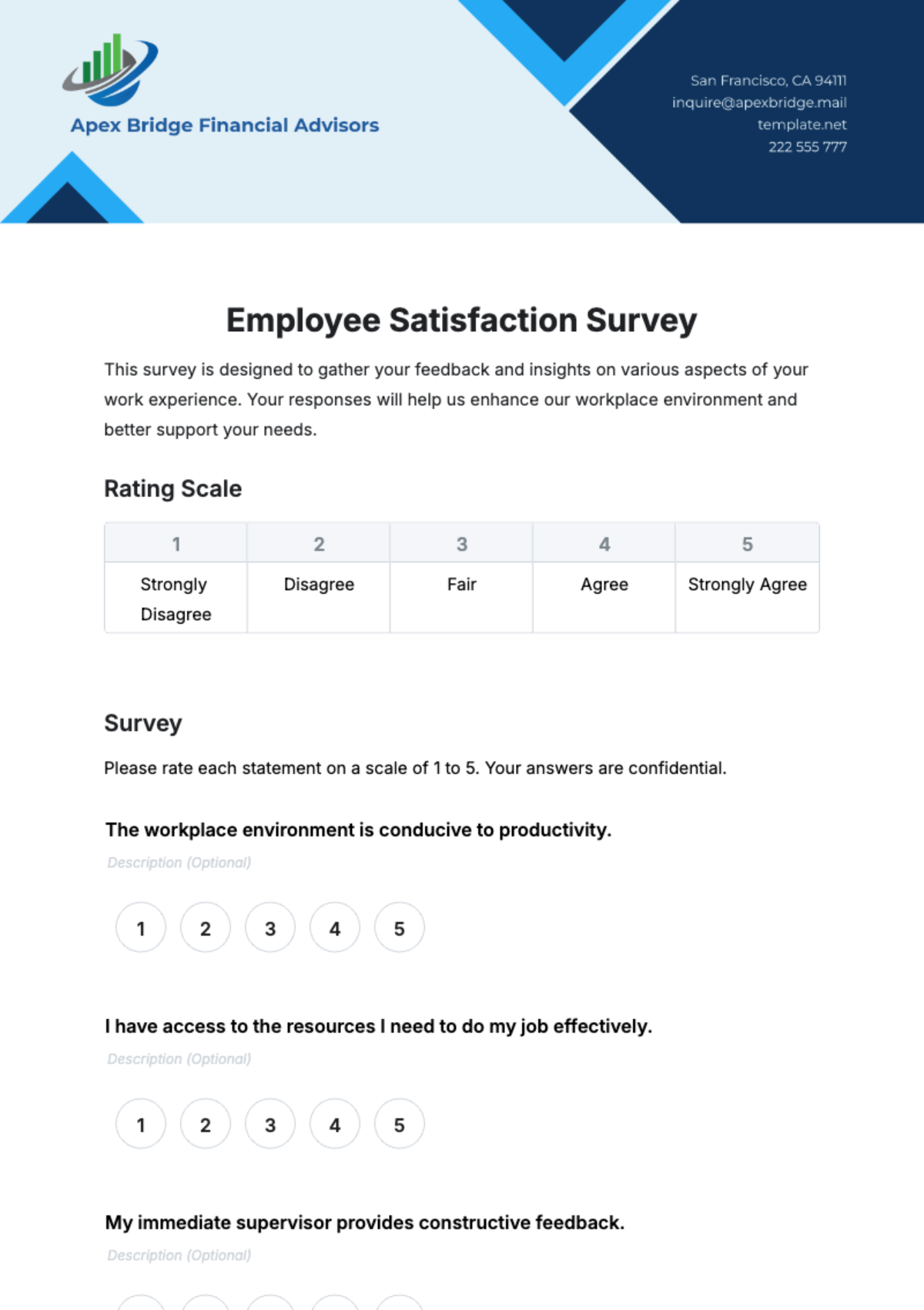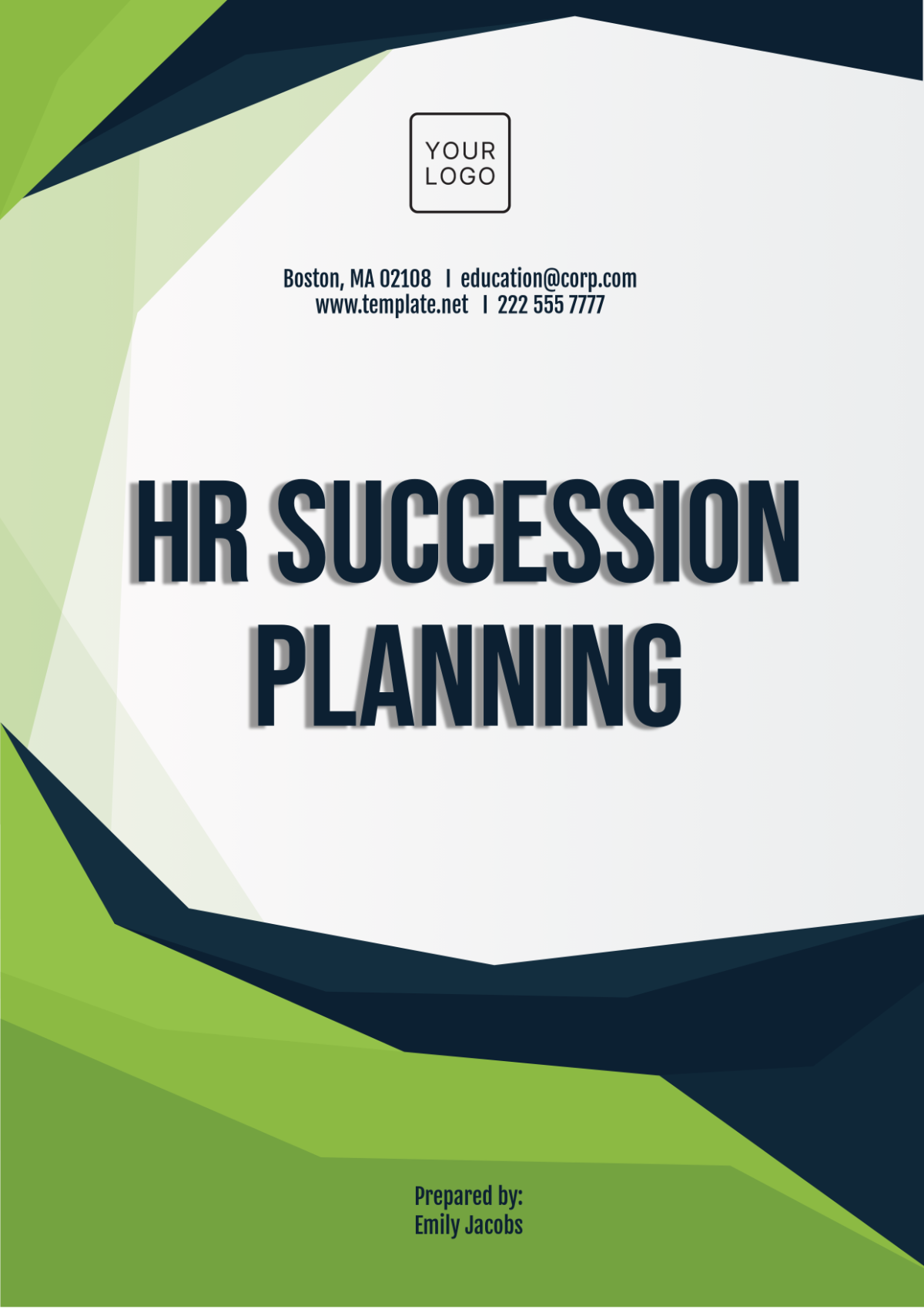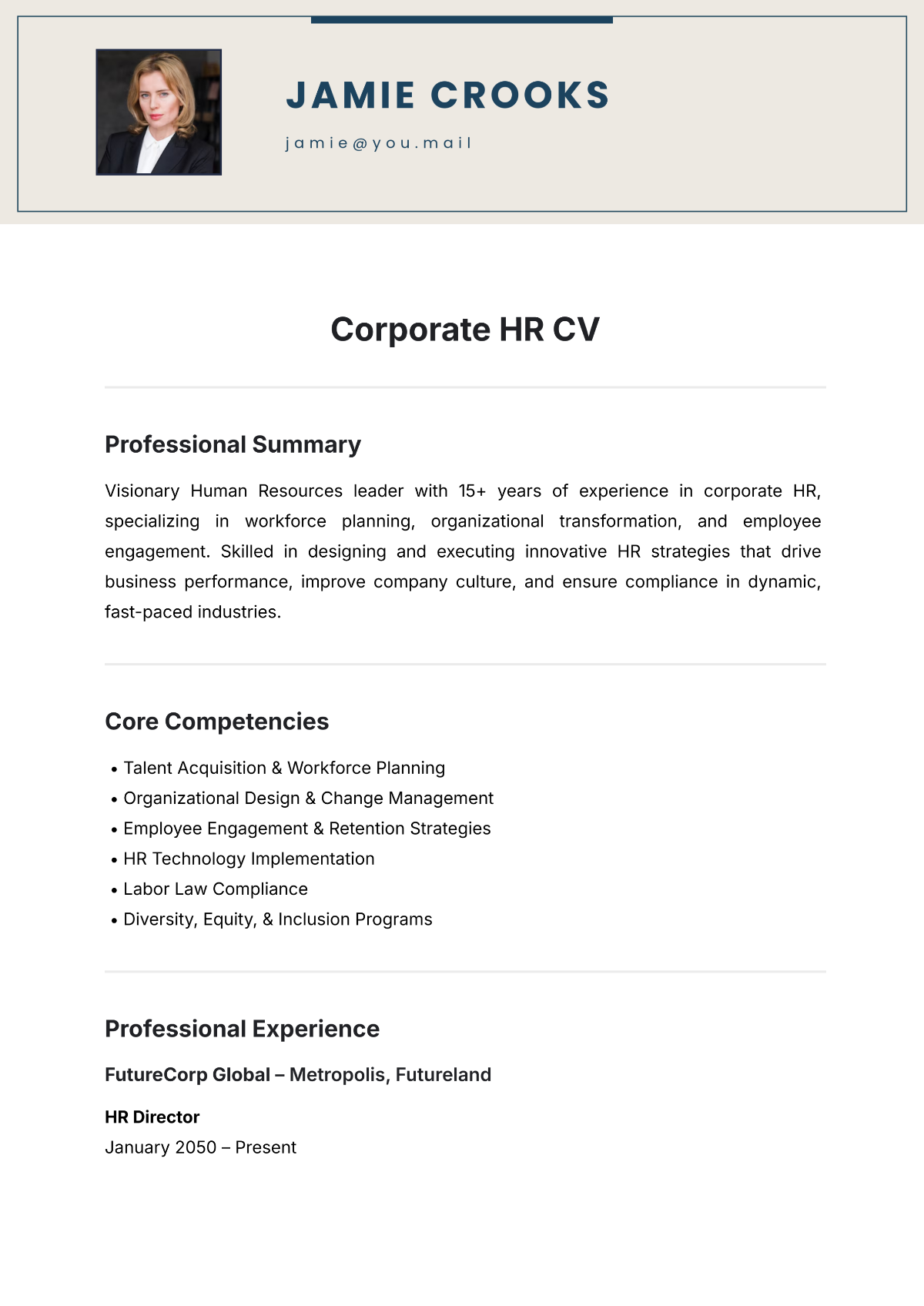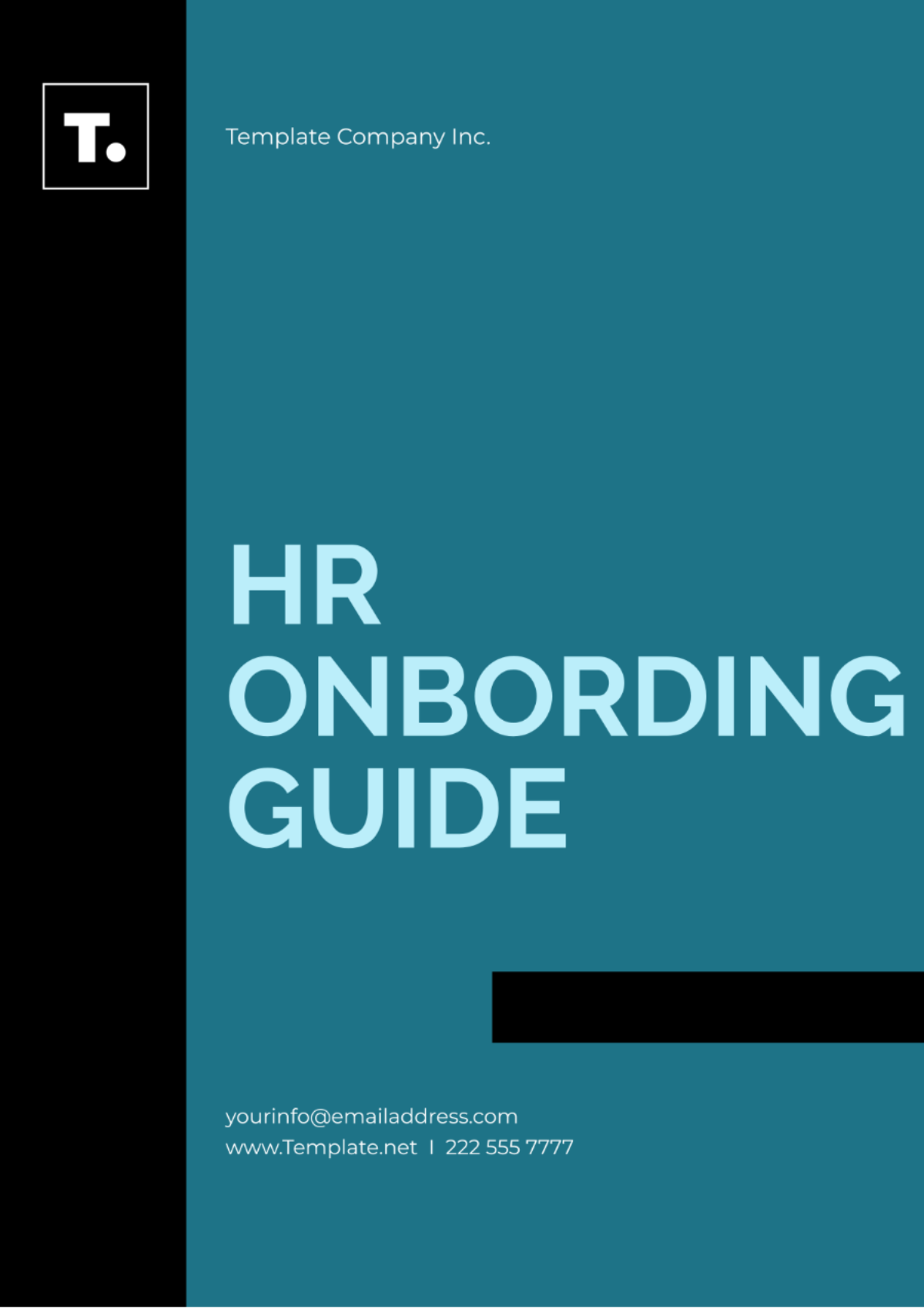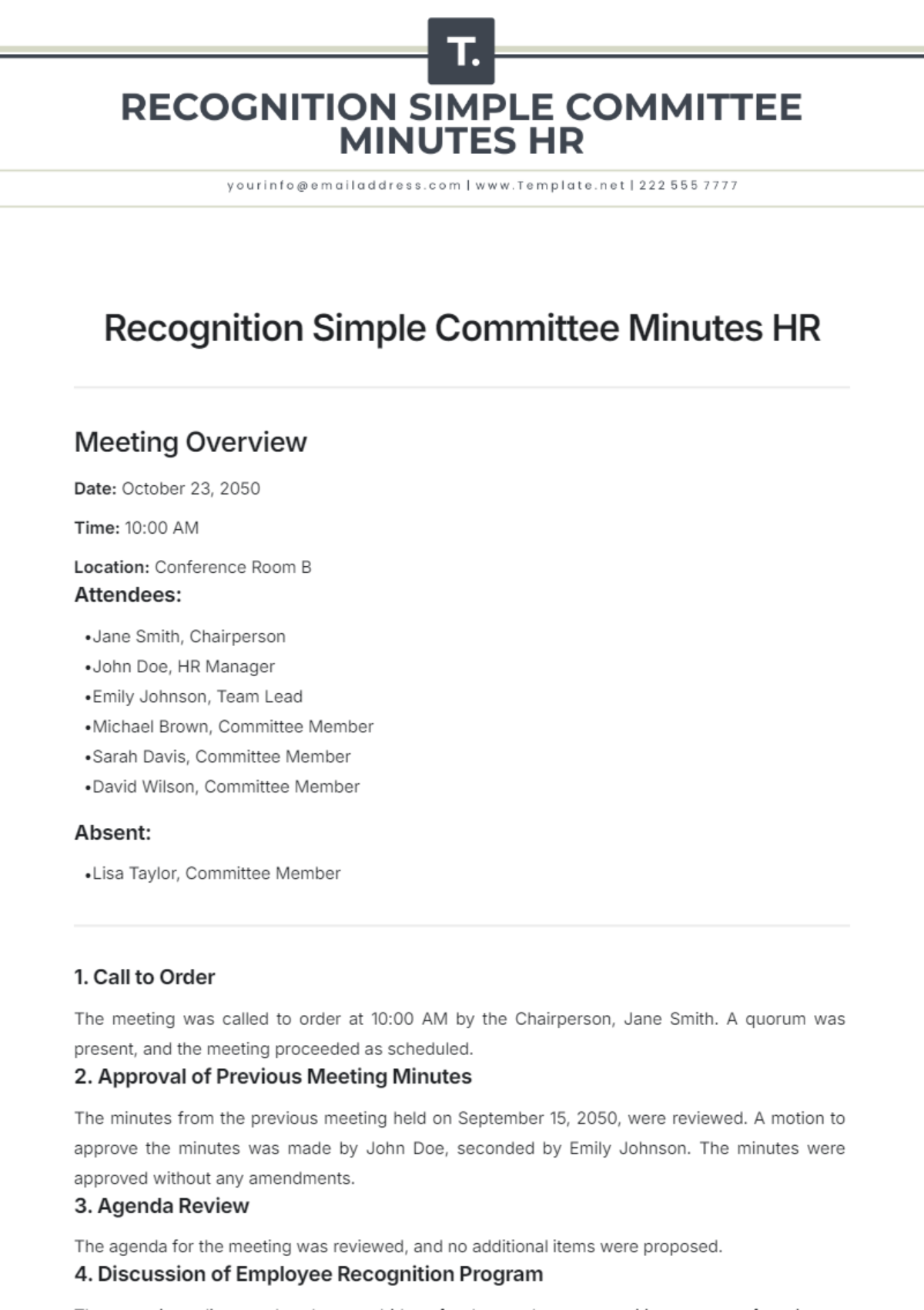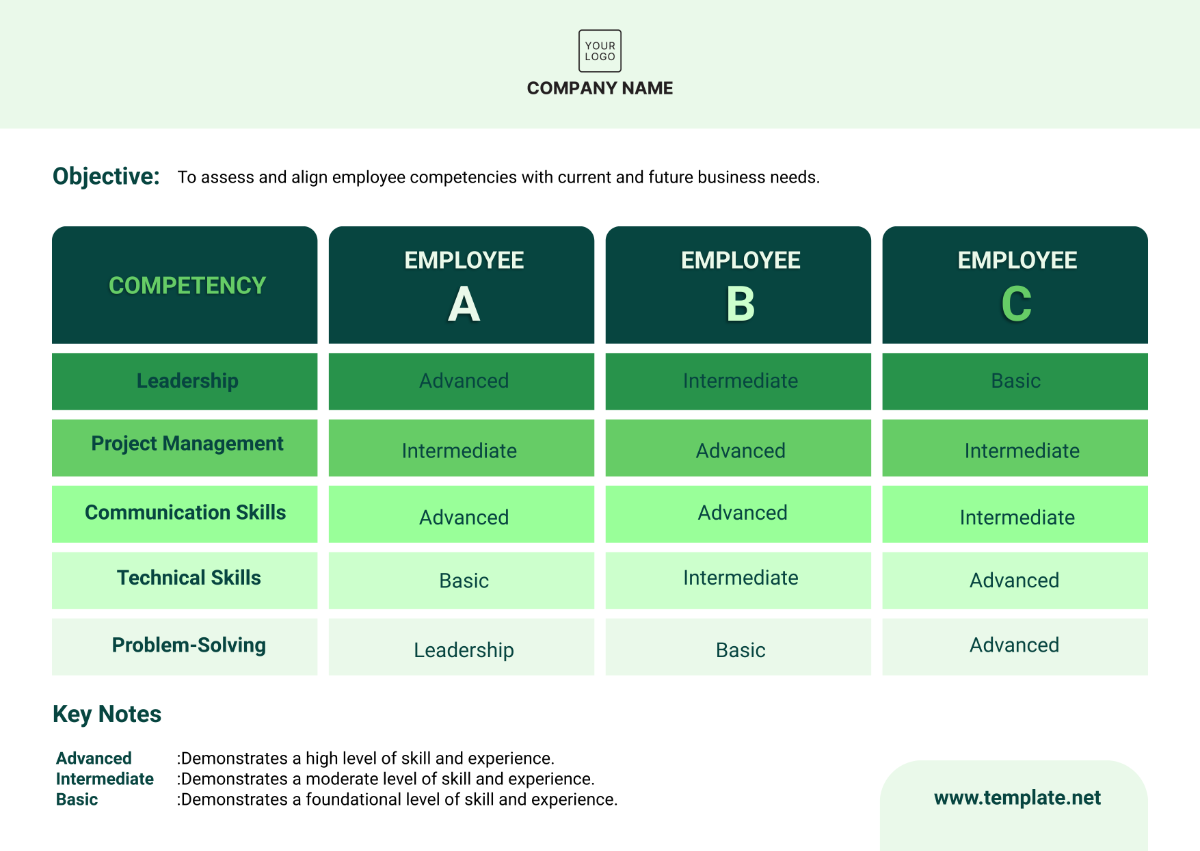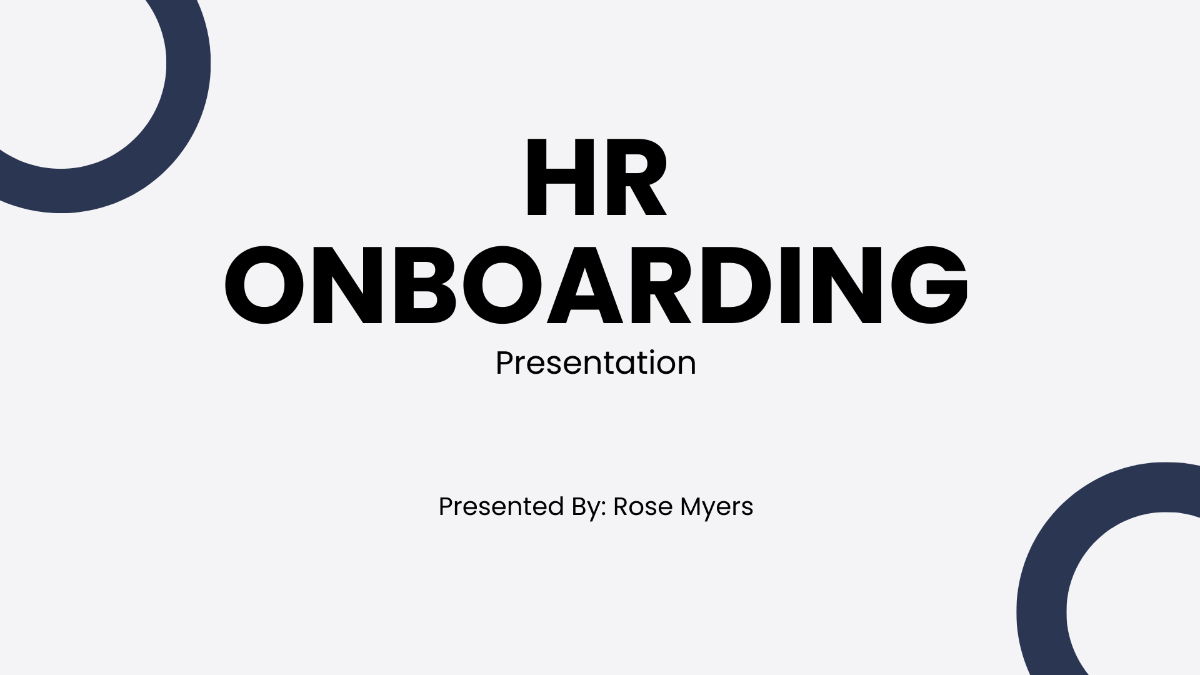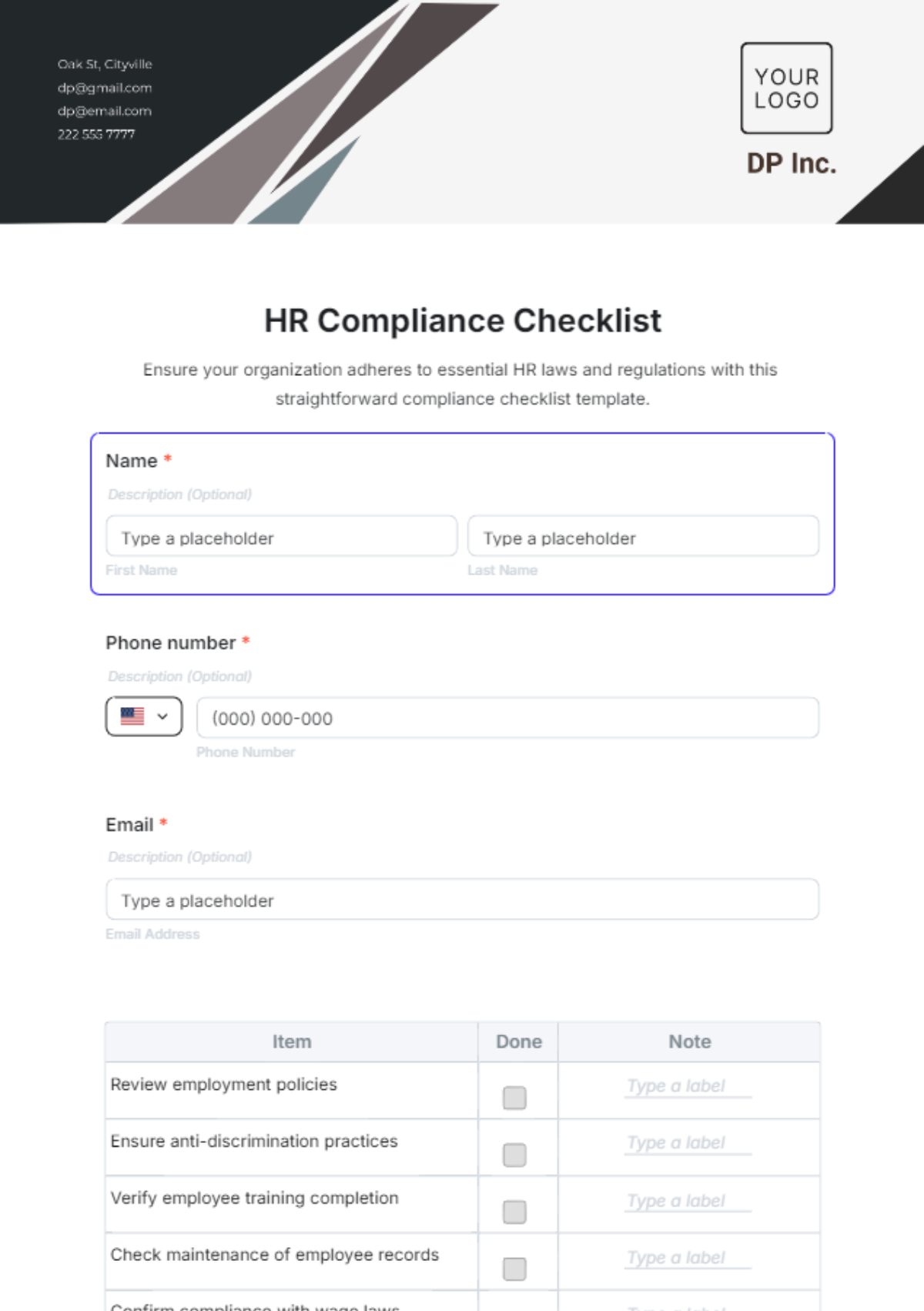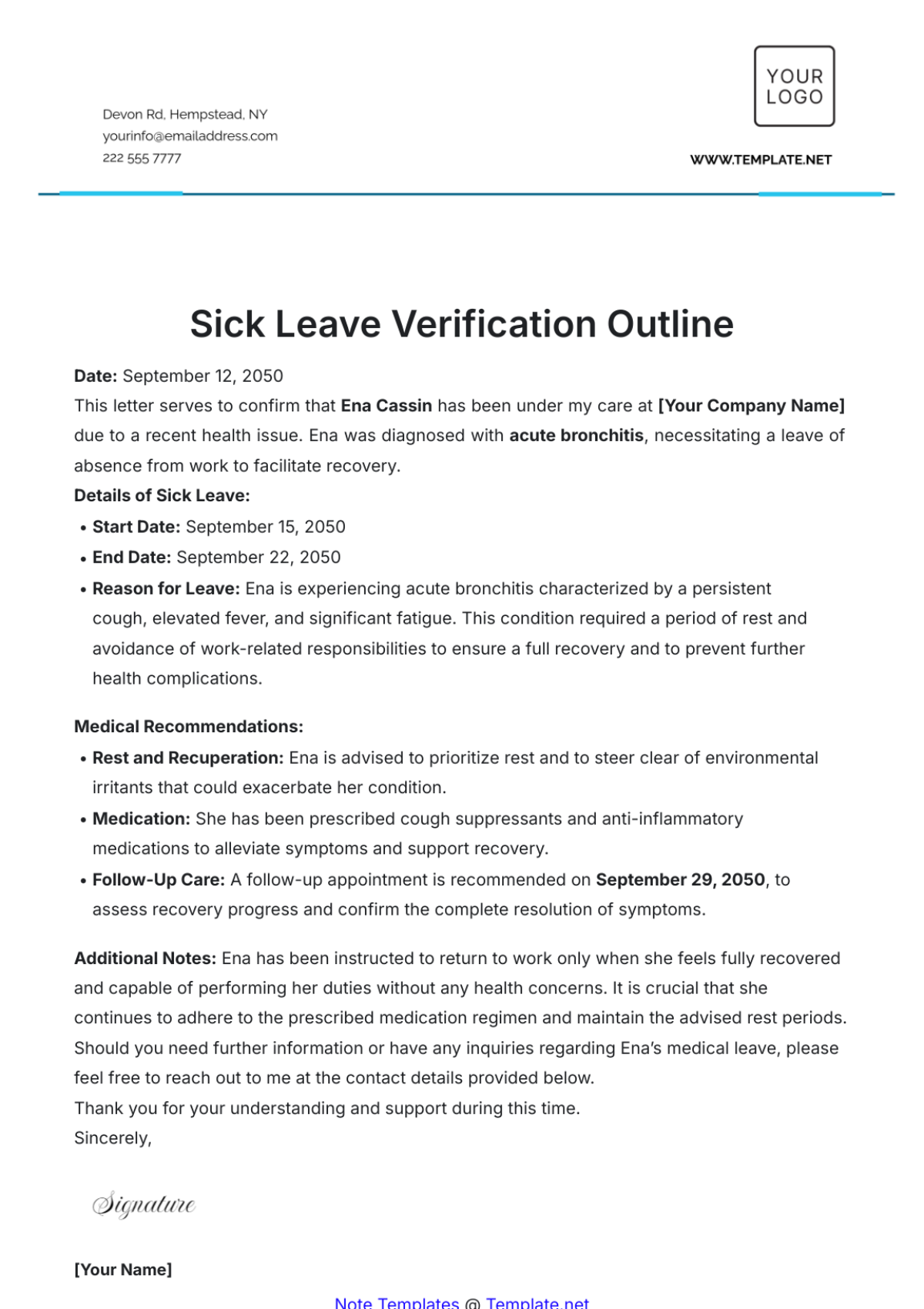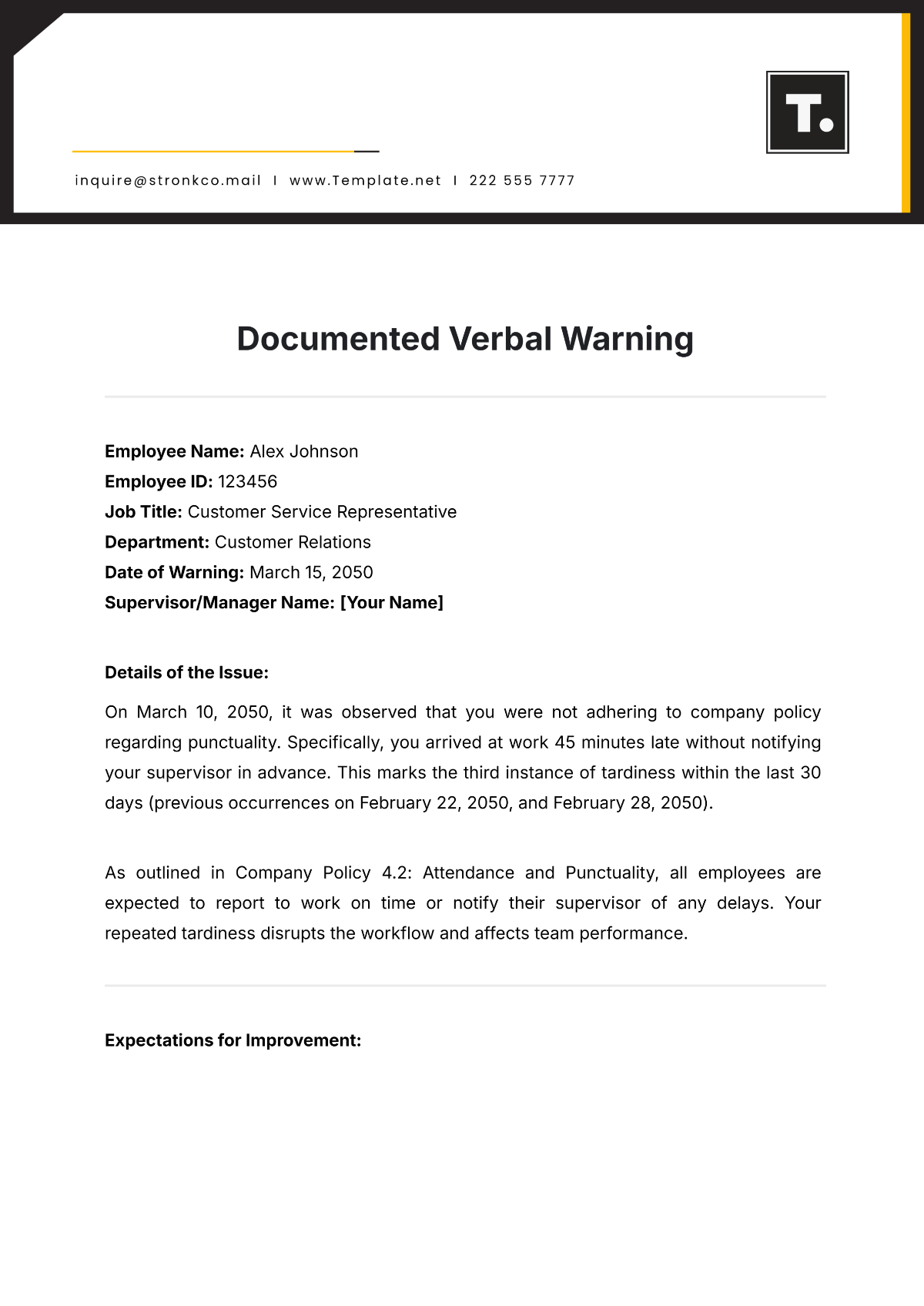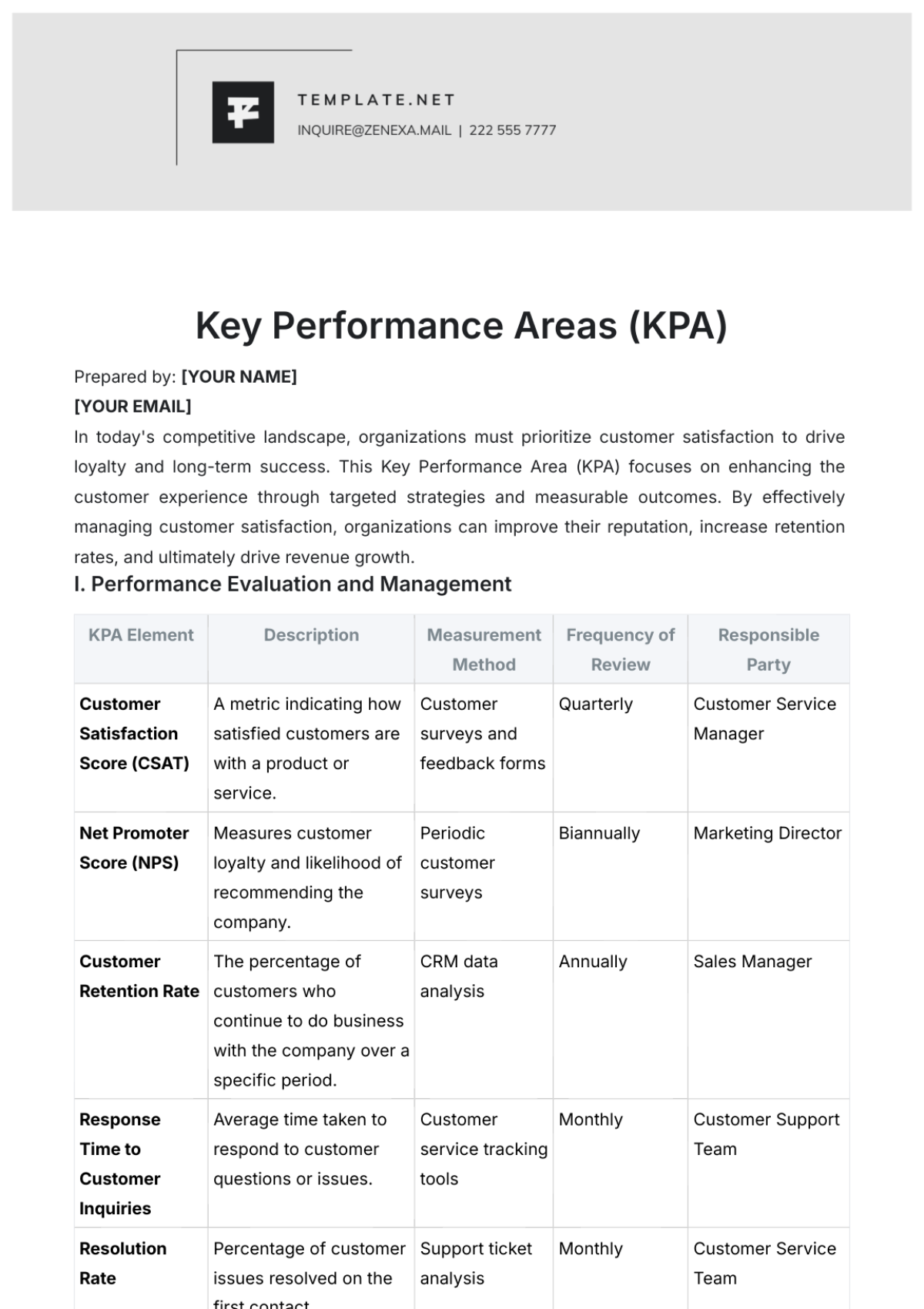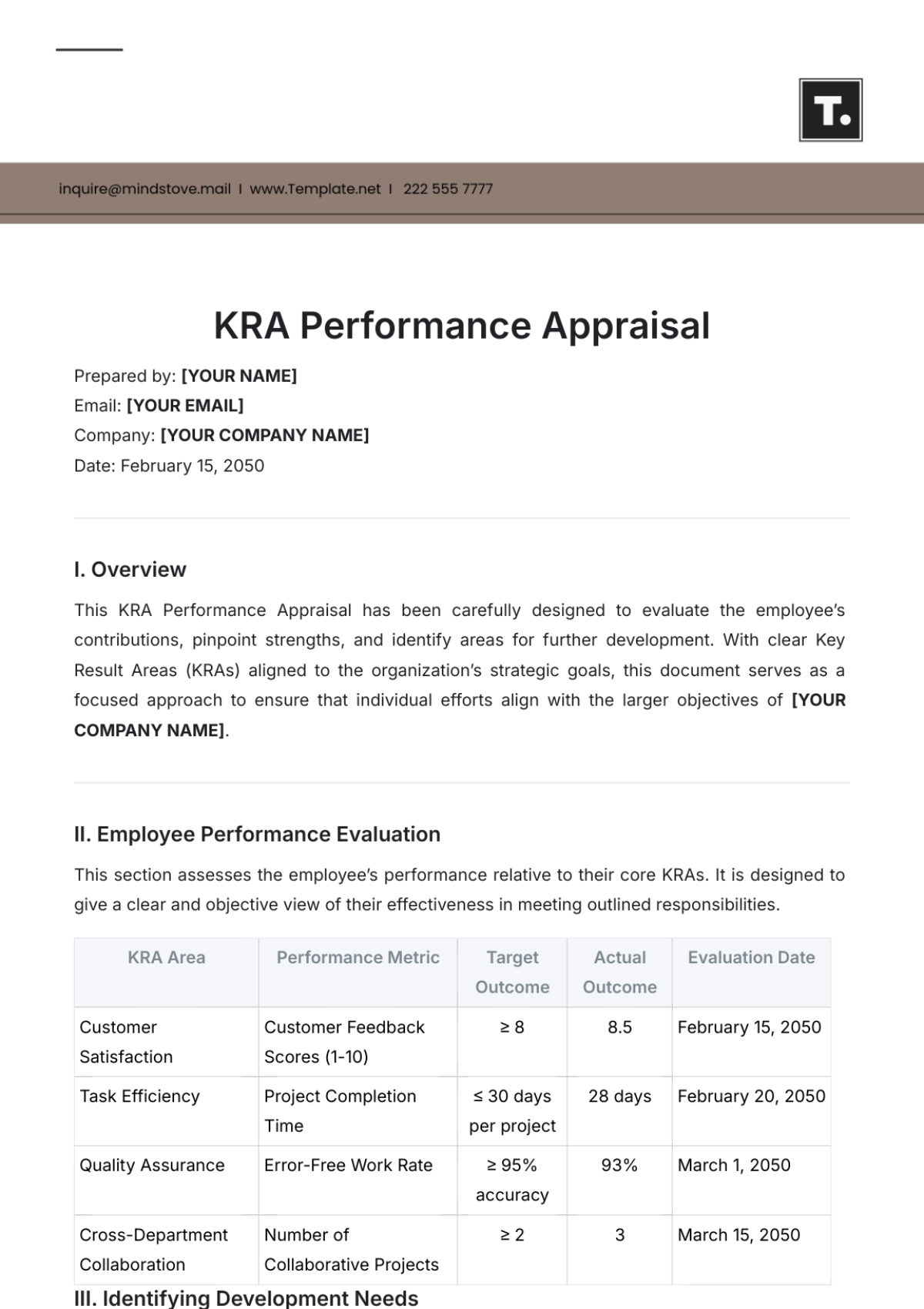Conflict Resolution Scenario Guide HR
Introduction
Purpose and Importance of Conflict Resolution
In the fast-paced IT industry, conflicts can hinder productivity and innovation. This guide equips HR professionals with strategies to resolve conflicts effectively, fostering a collaborative work environment.
Overview of the Guide's Contents
This guide covers understanding conflict, resolution strategies, a step-by-step process, real-life scenarios, HR's role, communication, legal considerations, training, and practical exercises.
Understanding Conflict
Types of Workplace Conflicts
In IT, conflicts can arise between developers and testers, project managers and engineers, or IT teams and other departments. Understanding these dynamics is crucial for effective resolution.
Common Causes of Conflict in the IT Workplace
Explore issues such as miscommunication, resource allocation, project delays, and differing priorities that often lead to conflicts in IT.
Conflict Resolution Strategies
Collaborative Conflict Resolution
Emphasize the importance of collaboration, compromise, and finding win-win solutions. In IT, this could involve cross-functional teams working on project-related conflicts.
Mediation and Facilitation Techniques
Provide HR professionals with mediation skills to help disputing parties reach agreements. Discuss facilitating discussions between IT teams to bridge gaps.
Step-by-Step Conflict Resolution Process
Identifying Conflict Early: Teach HR how to spot early signs of conflict in IT, such as increased tension among team members or missed project milestones.
Gathering Information: Guide HR in collecting data from involved parties, including their perspectives on the conflict's root causes and possible resolutions.
Initiating the Resolution Process: Explain how HR can initiate conversations with the conflicting parties, ensuring confidentiality and impartiality.
Facilitating Communication: Describe techniques to facilitate open and constructive dialogues in IT, encouraging stakeholders to express their concerns and needs.
Generating Solutions: Explore IT-specific problem-solving methods and brainstorming techniques to help teams develop viable solutions.
Agreement and Follow-up: Discuss the importance of formalizing agreements reached in IT conflict resolutions and setting up follow-up mechanisms.
Actionable Insights and Recommendations
Scenario 1:
Software Development Deadline Dispute: Provide a detailed fictional scenario where developers and project managers clash over unrealistic deadlines and project scope changes.
Scenario 2:
Interdepartmental IT Resource Allocation: Create a scenario where IT and another department disagree on the allocation of critical resources like server capacity.
Scenario 3:
Team Conflict Affecting Cybersecurity: Describe a situation where IT security teams have conflicting approaches to handling a potential cybersecurity threat.
Role of HR
HR's Role in Conflict Resolution
Explain HR's crucial role as a neutral mediator and advisor in IT conflict resolution, ensuring fairness and adherence to company policies.
Maintaining Neutrality and Fairness
Emphasize the importance of HR professionals avoiding bias and favoritism when resolving IT conflicts.
Communication and Active Listening
Effective Communication Skills
Provide guidance on IT-specific communication techniques, including clear technical documentation and respectful online communication.
Active Listening Techniques
Teach HR how to actively listen to IT professionals, understanding their technical concerns and frustrations.
Documentation and Records
Importance of Documentation
Stress the significance of documenting IT conflict resolution processes, decisions, and agreements for reference and potential legal purposes.
Confidentiality and Privacy Considerations
Discuss the sensitive nature of IT conflicts and the need for HR to handle them with discretion.
Actionable Insights and Recommendations
Legal Framework for Conflict Resolution
Explain any IT industry-specific legal regulations related to conflicts, such as data protection laws or software licensing agreements.
Ethical Dilemmas in Conflict Resolution
Explore ethical challenges HR may encounter when dealing with IT conflicts, including balancing transparency with confidentiality.
Actionable Insights and Recommendations
Conflict Resolution Training for IT Employees
Suggest IT-specific conflict resolution training programs and workshops for employees, enhancing their skills in handling disputes.
Building a Conflict-Resilient IT Workplace Culture
Offer strategies to create a culture in which IT professionals are encouraged to address conflicts constructively.
Actionable Insights and Recommendations
Analyzing Real-World IT Conflict Cases
Present actual IT conflict cases and guide HR in analyzing the root causes and proposing resolution strategies.
Role-Playing Exercises for HR Practitioners
Provide role-playing scenarios where HR professionals practice mediating IT conflicts and honing their skills.
Actionable Insights and Recommendations
Recommended Books, Articles, and Online Courses
Share IT-specific resources that HR professionals can explore to enhance their conflict resolution knowledge.
Conflict Resolution Templates and Tools
Provide templates for documenting conflict resolutions in IT and recommend digital tools for facilitating conflict resolution processes.
Actionable Insights and Recommendations
The Role of HR in Fostering a Conflict-Resilient IT Workplace
Summarize HR's role in mitigating IT conflicts and creating an environment that encourages open communication and collaboration.
Continuous Improvement of Conflict Resolution Processes
Stress the importance of ongoing evaluation and refinement of conflict resolution strategies within the IT industry.
